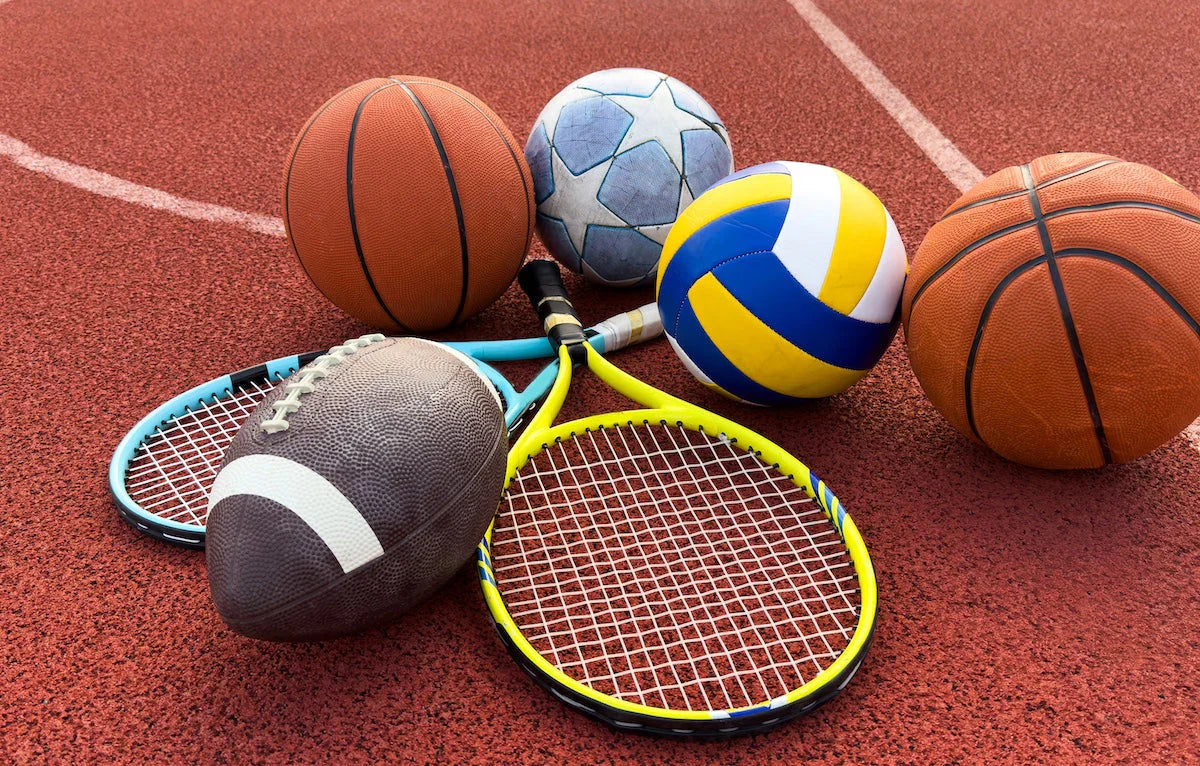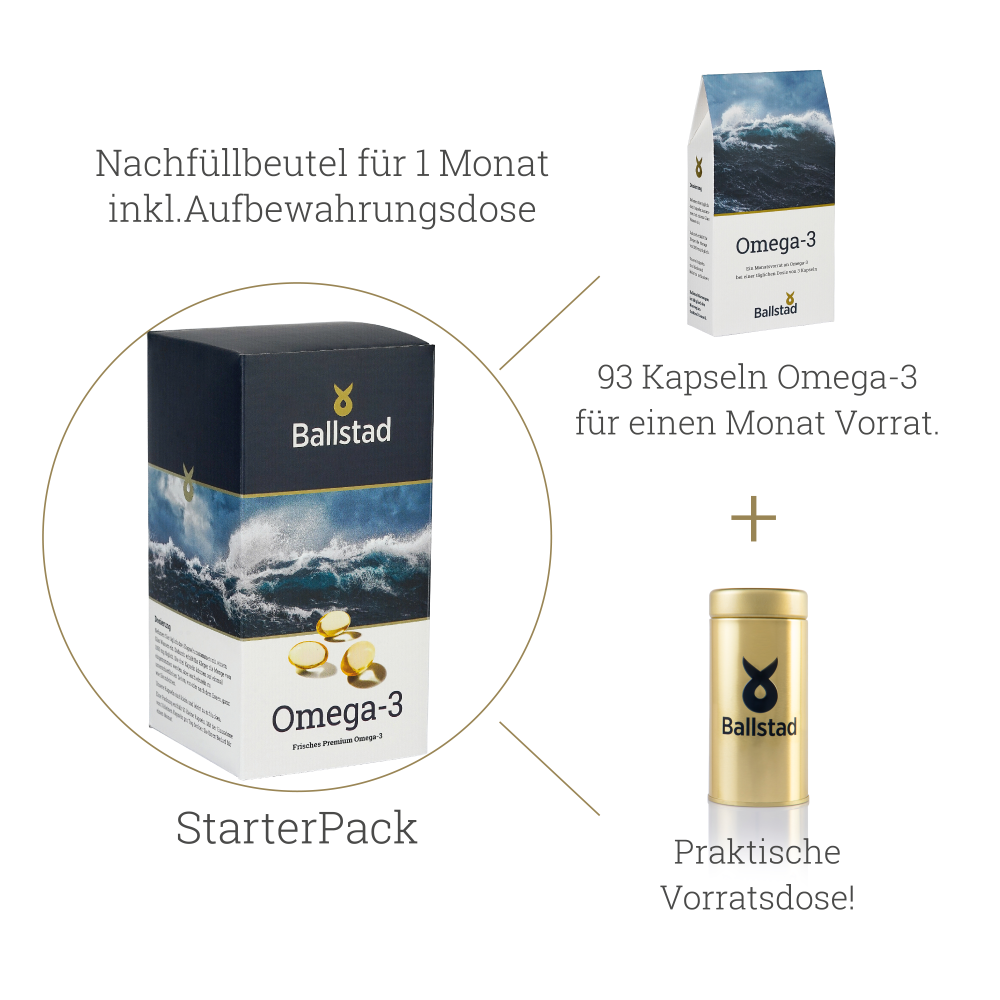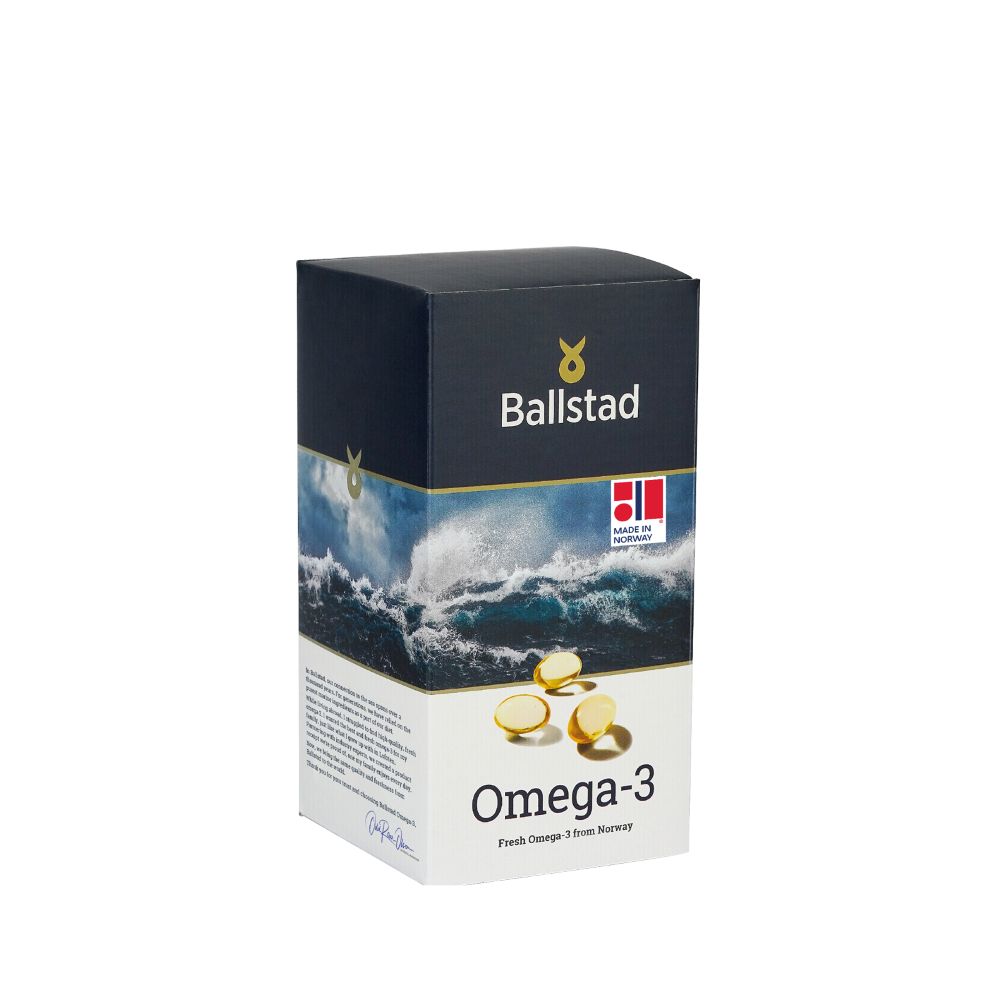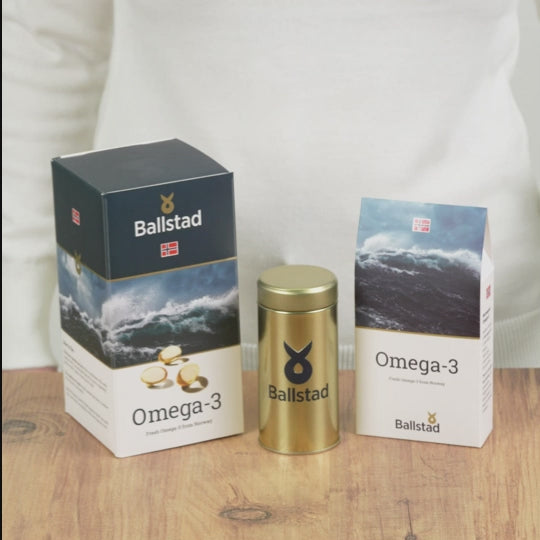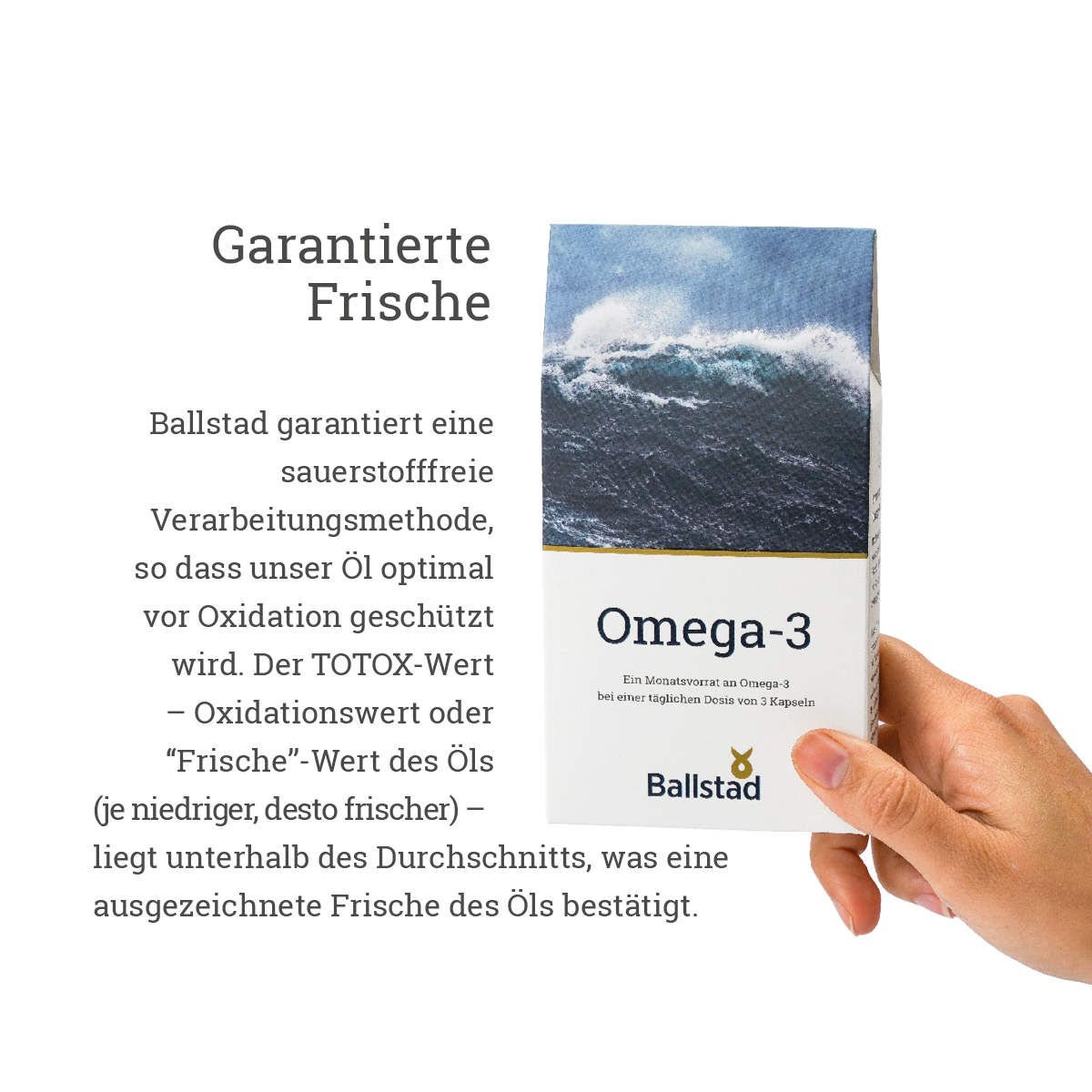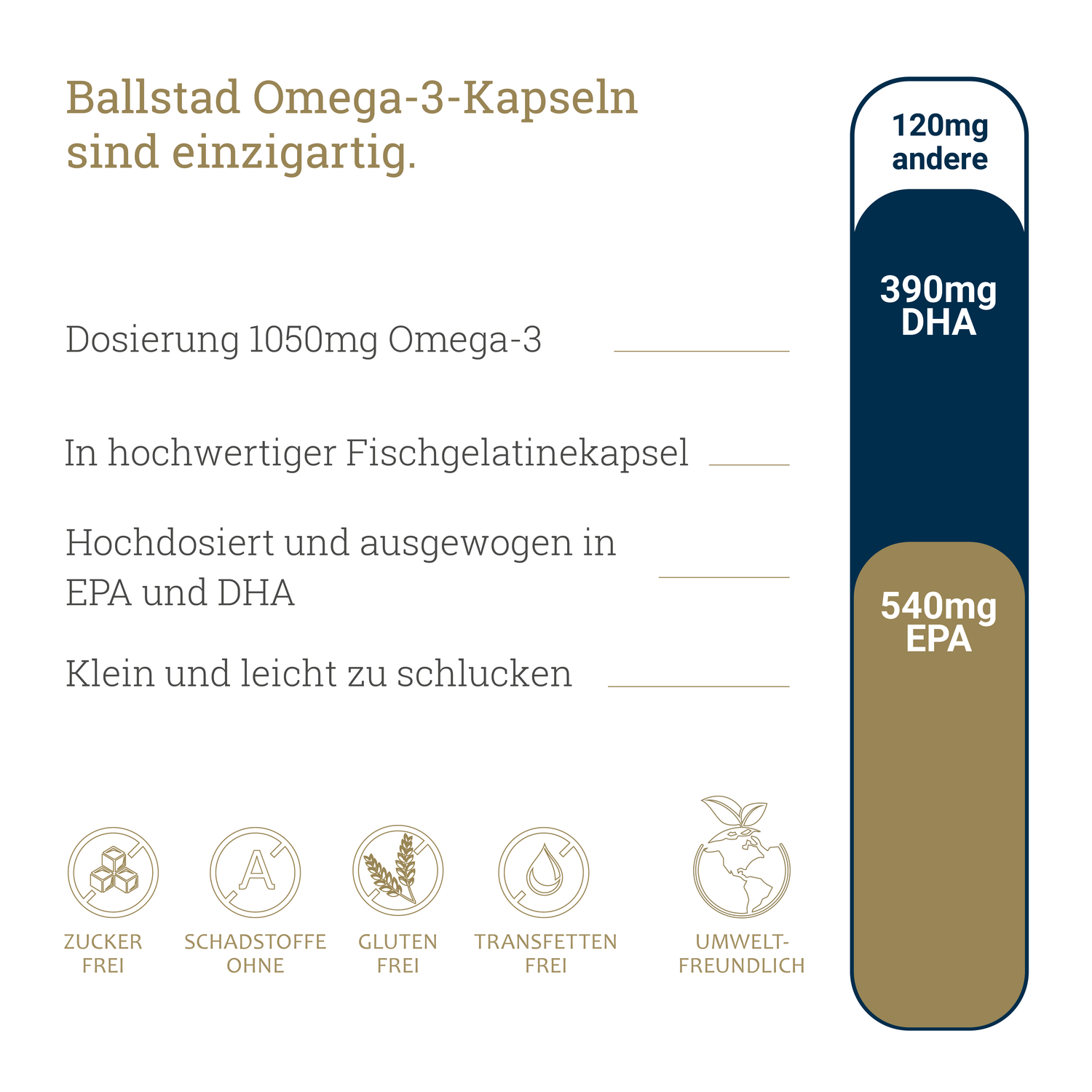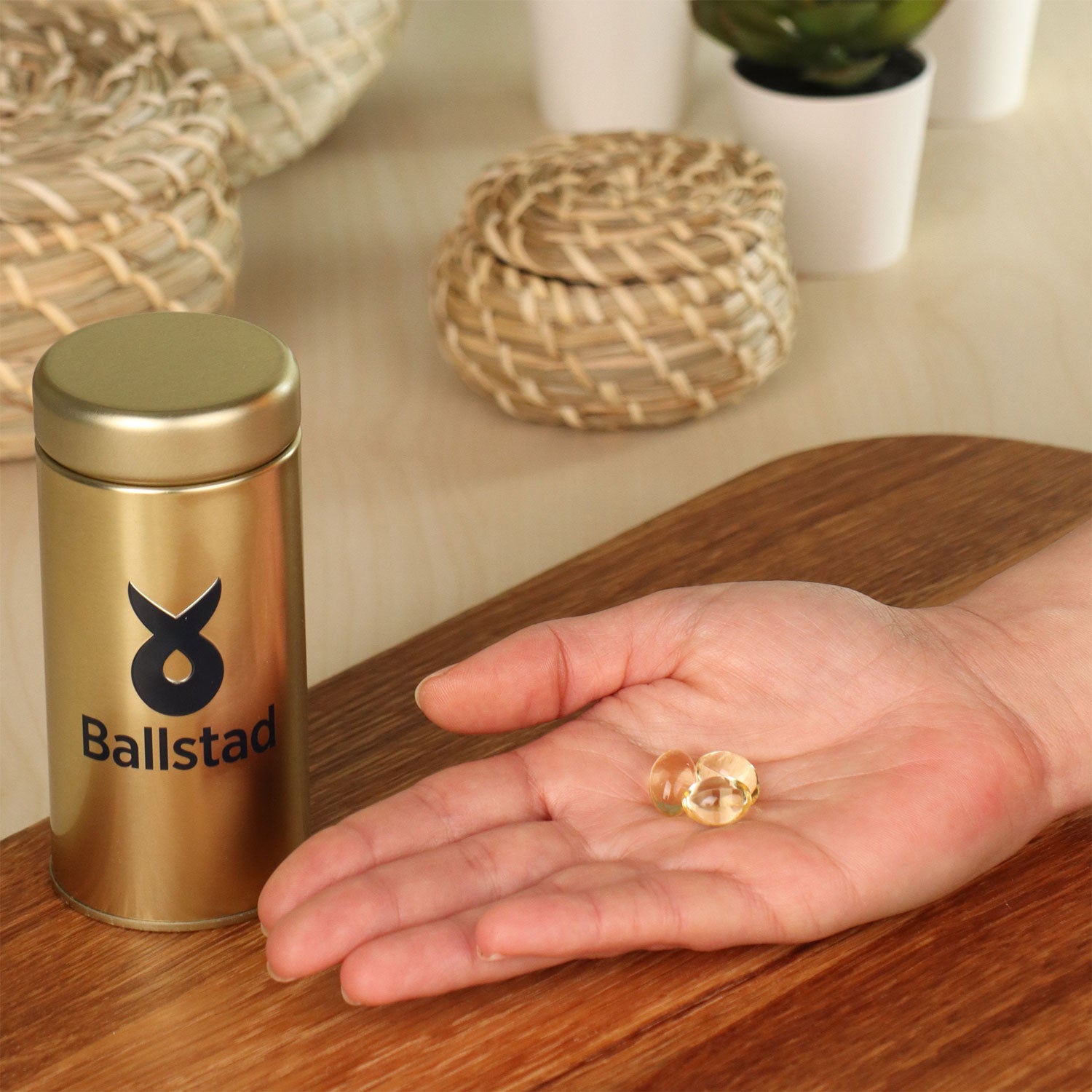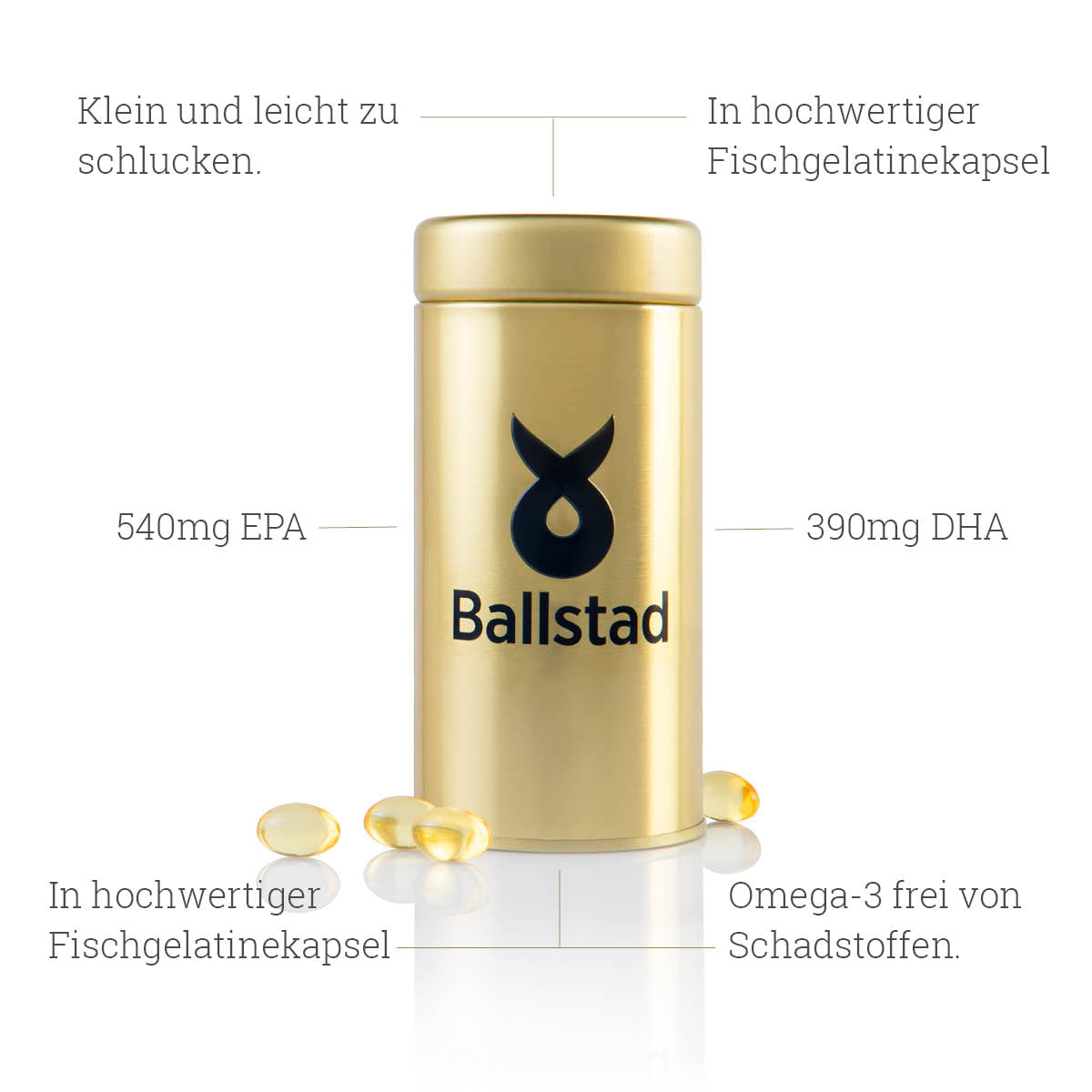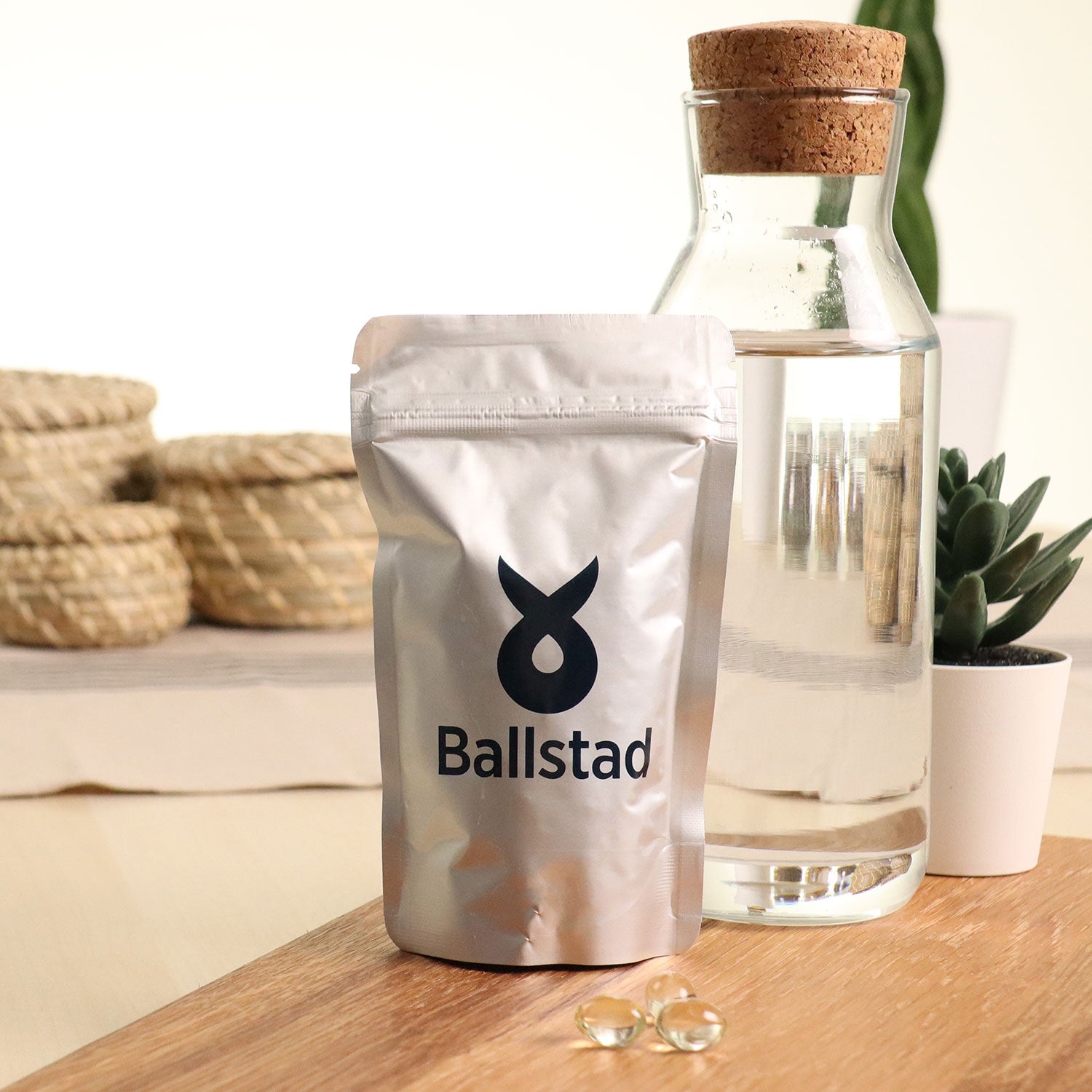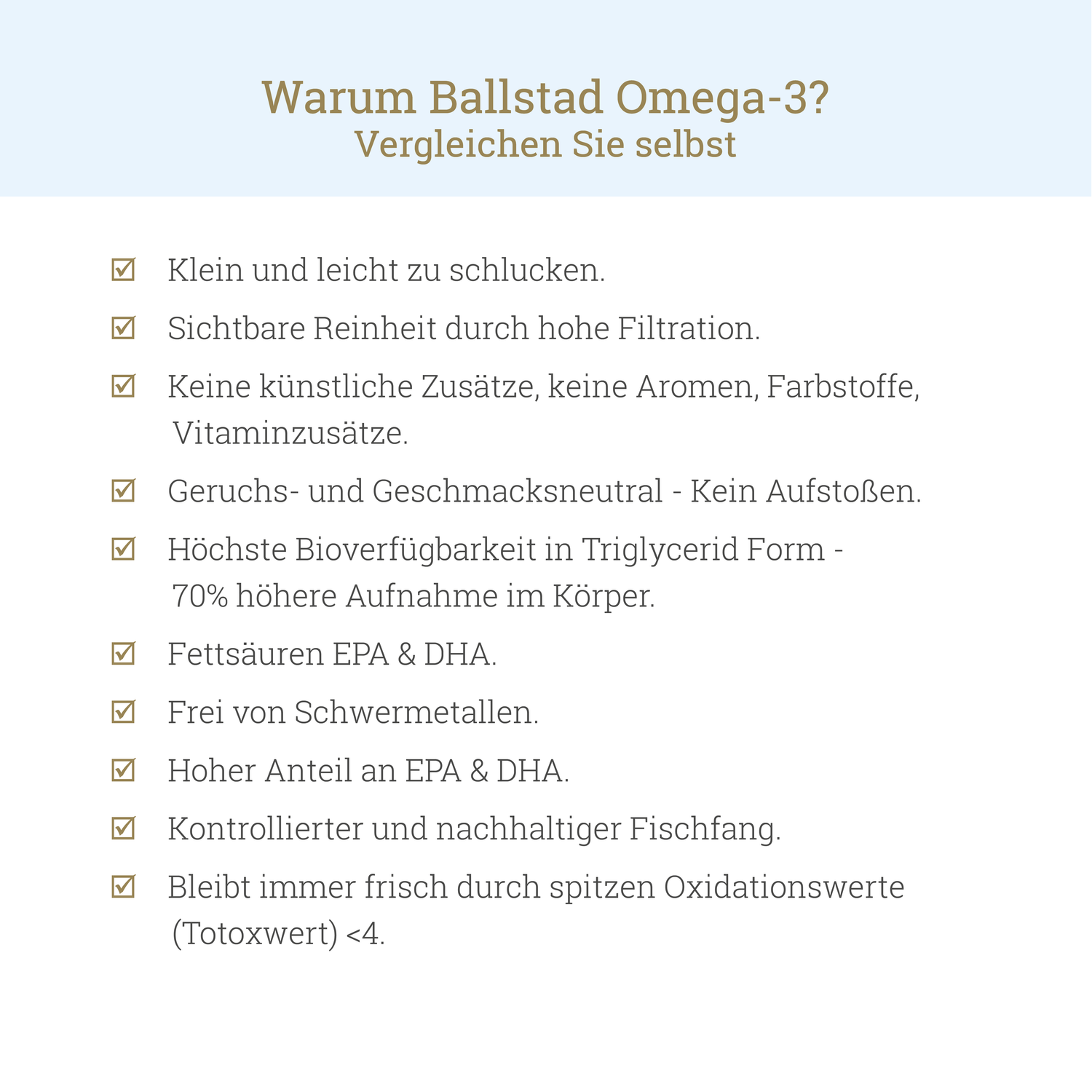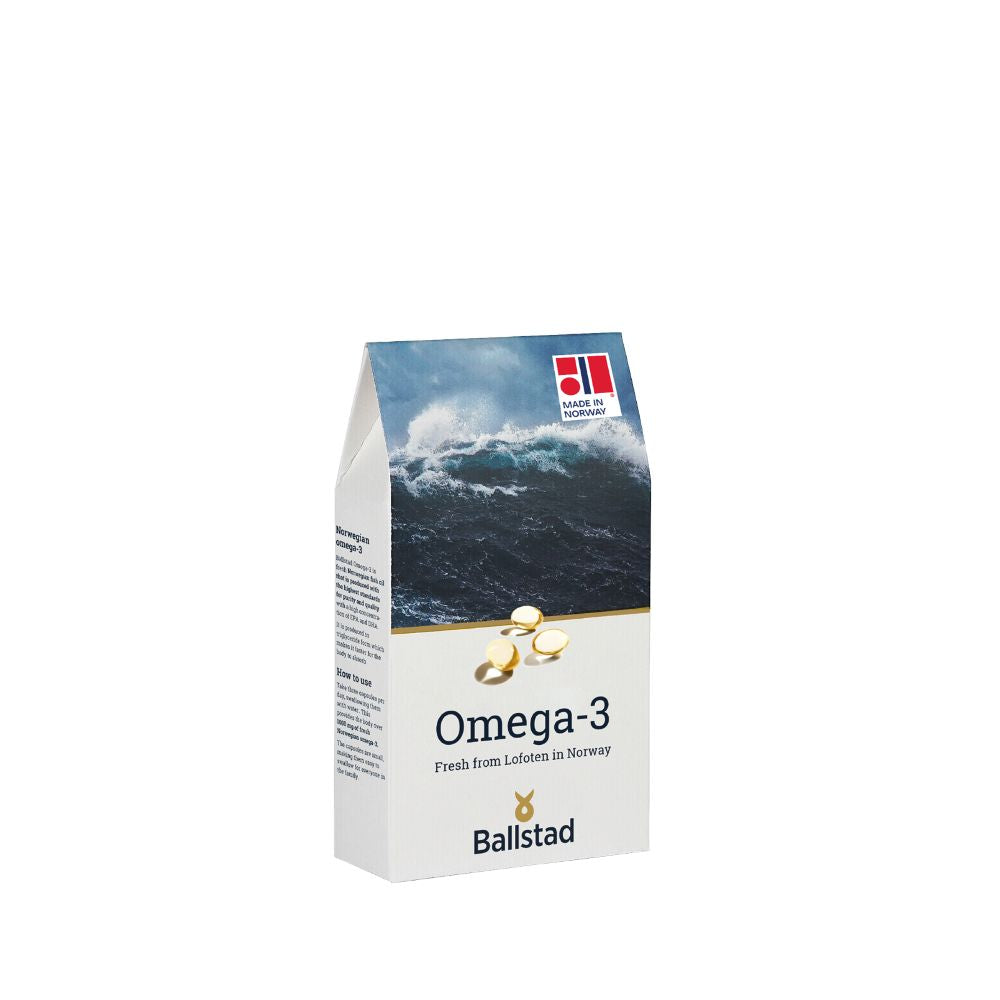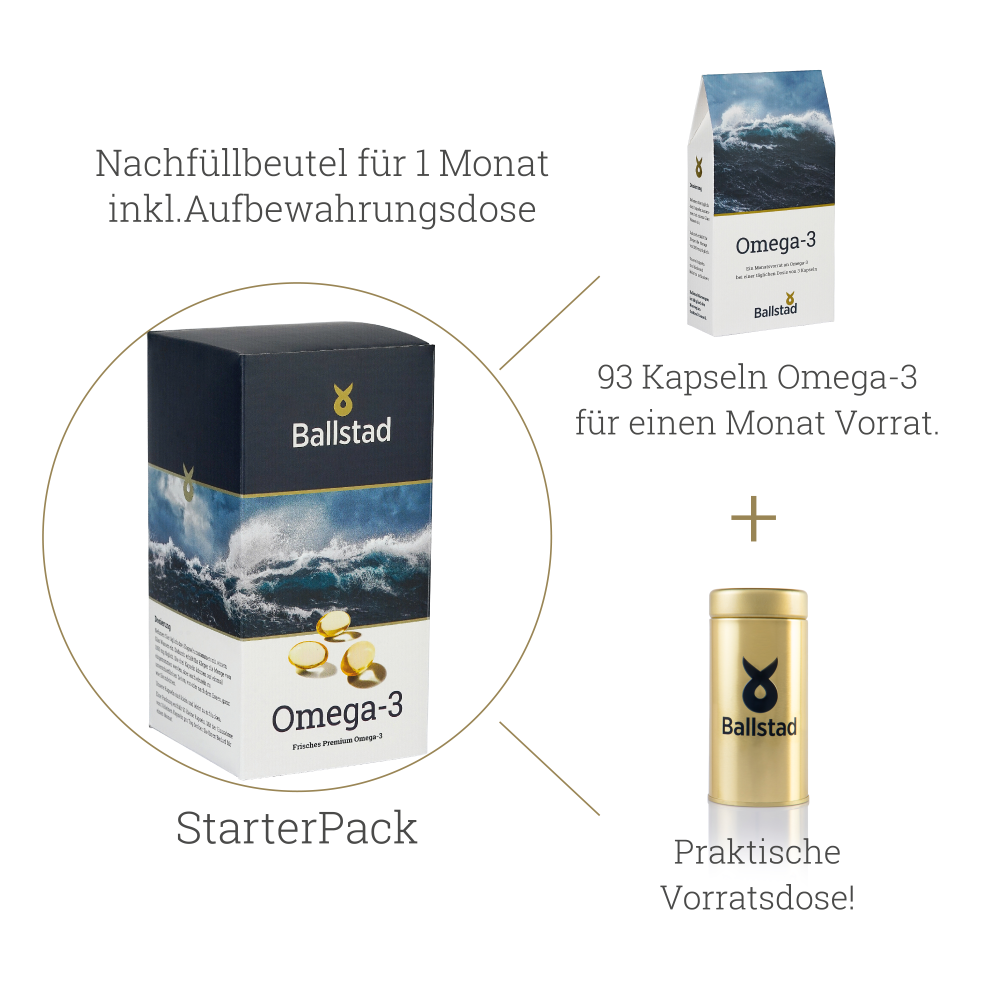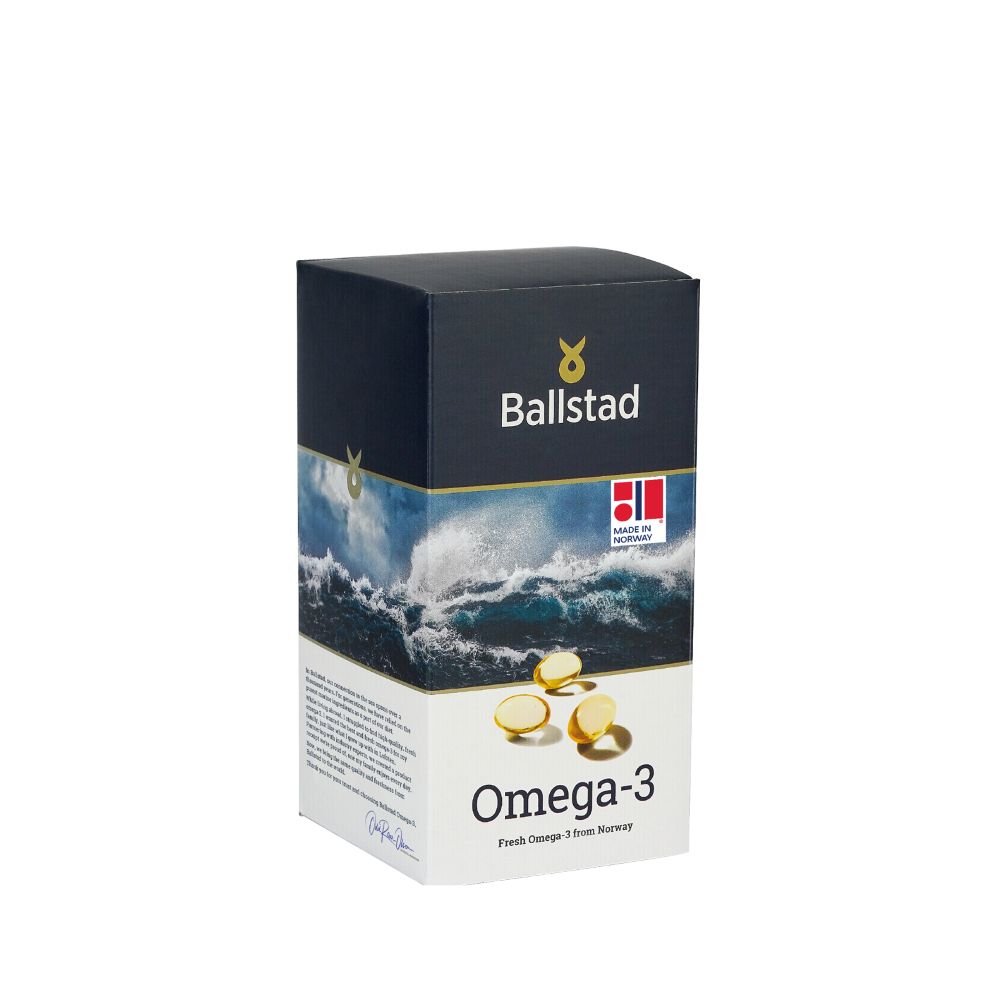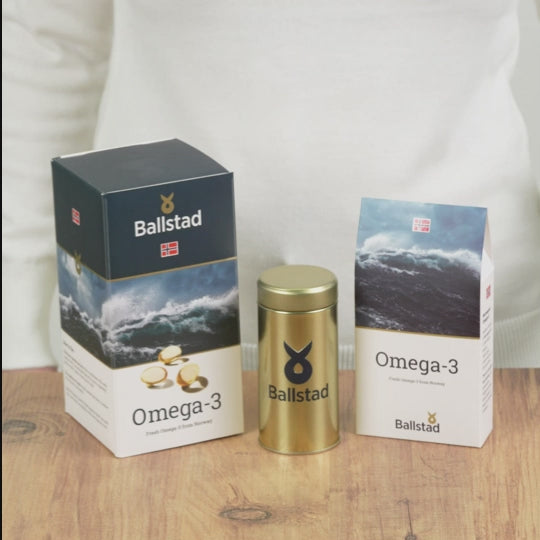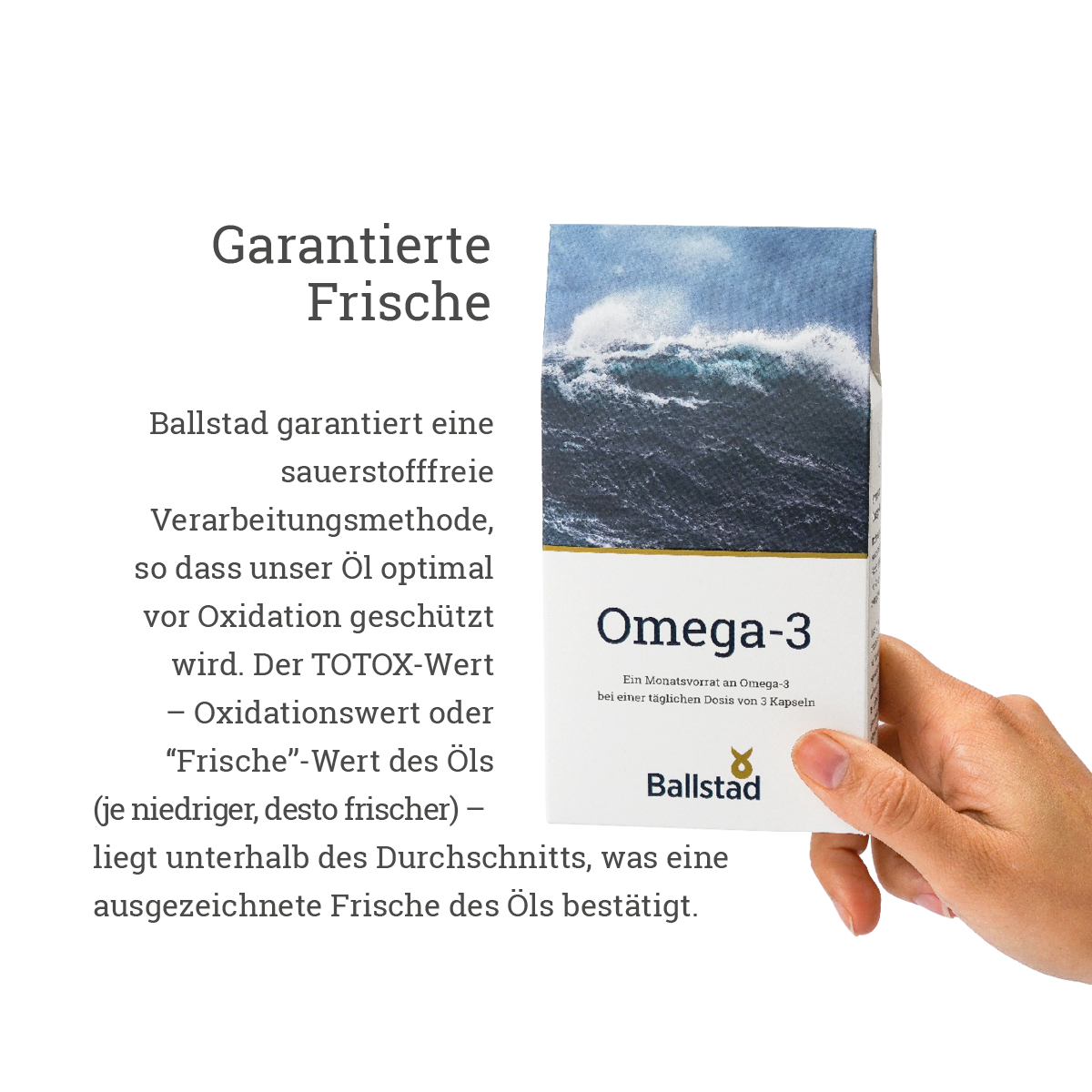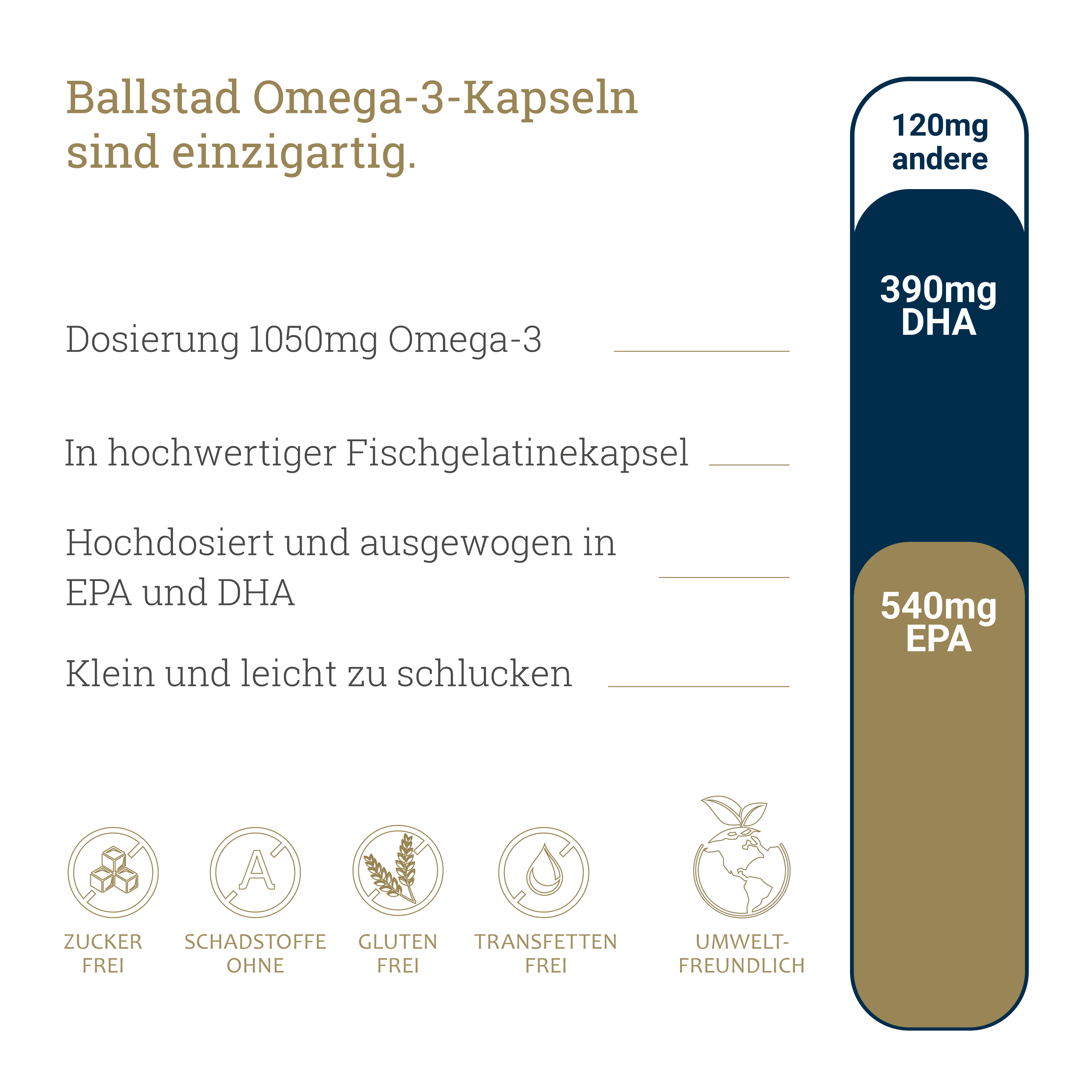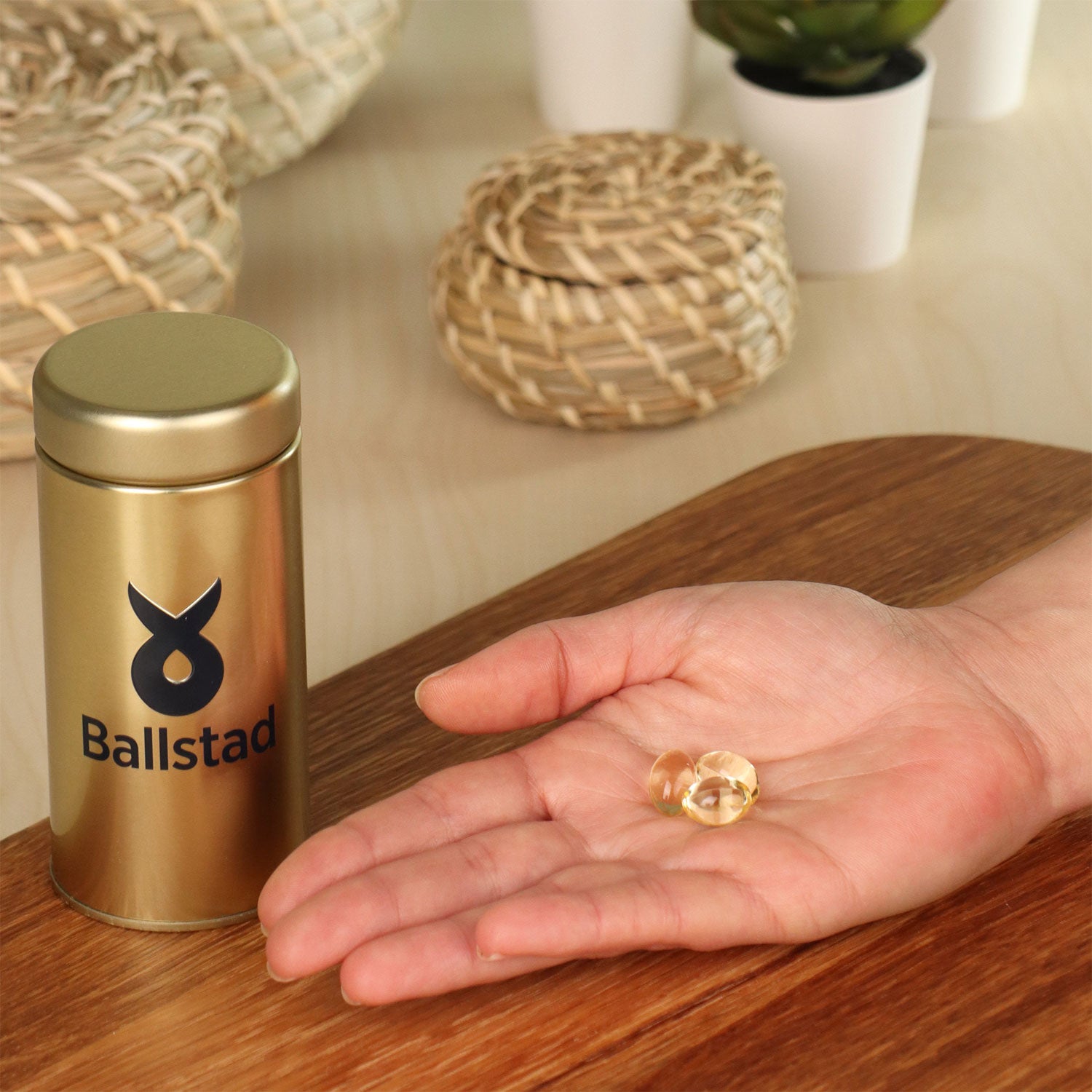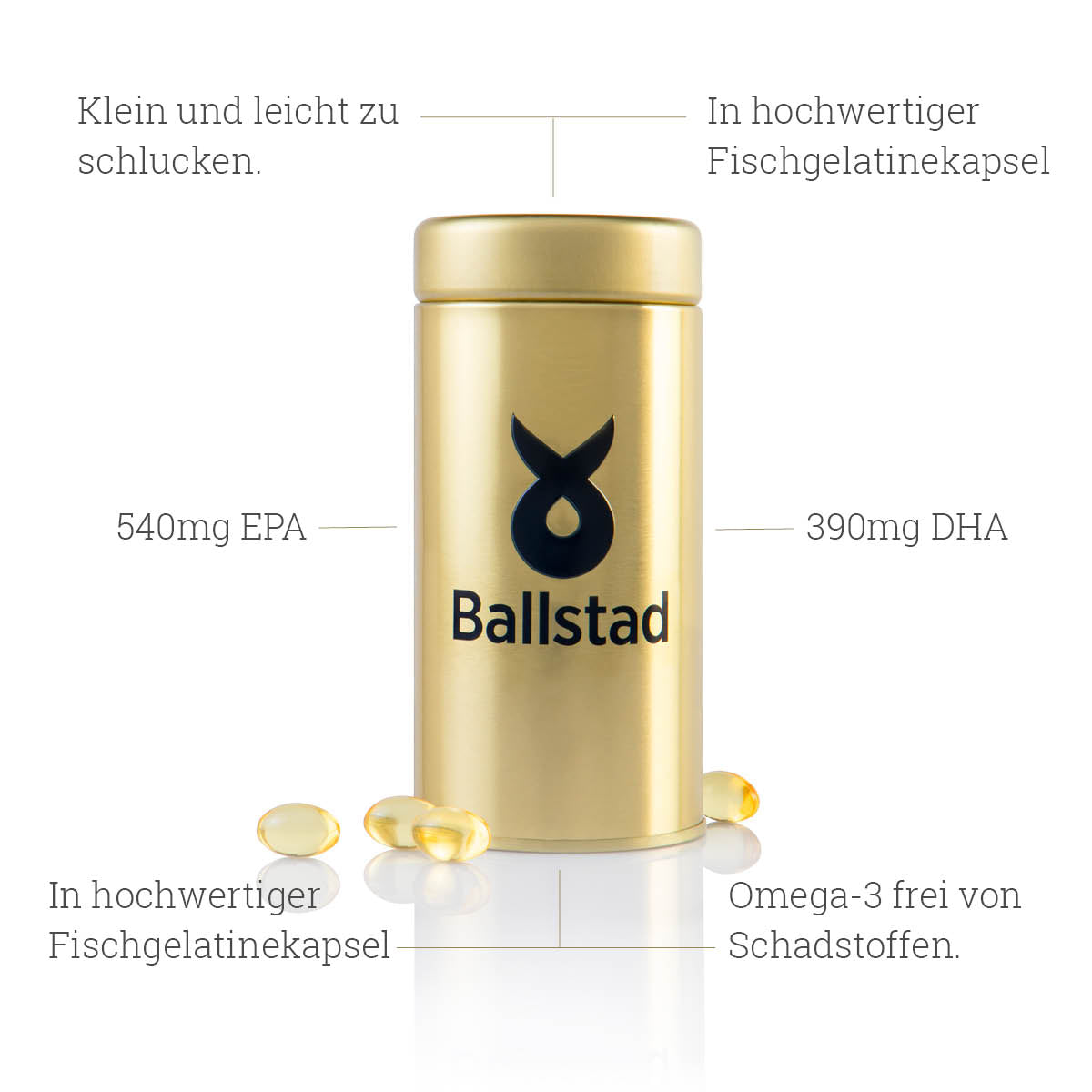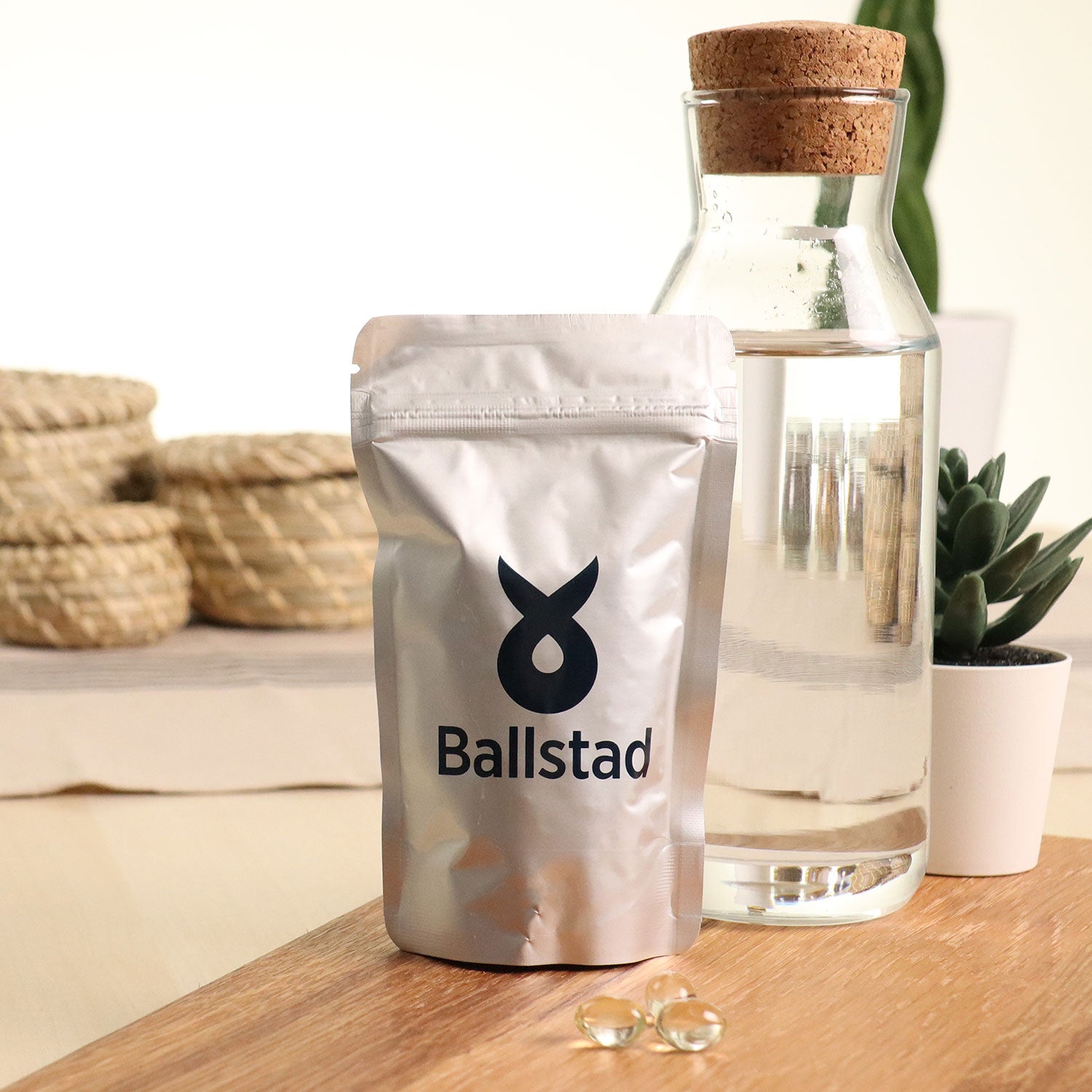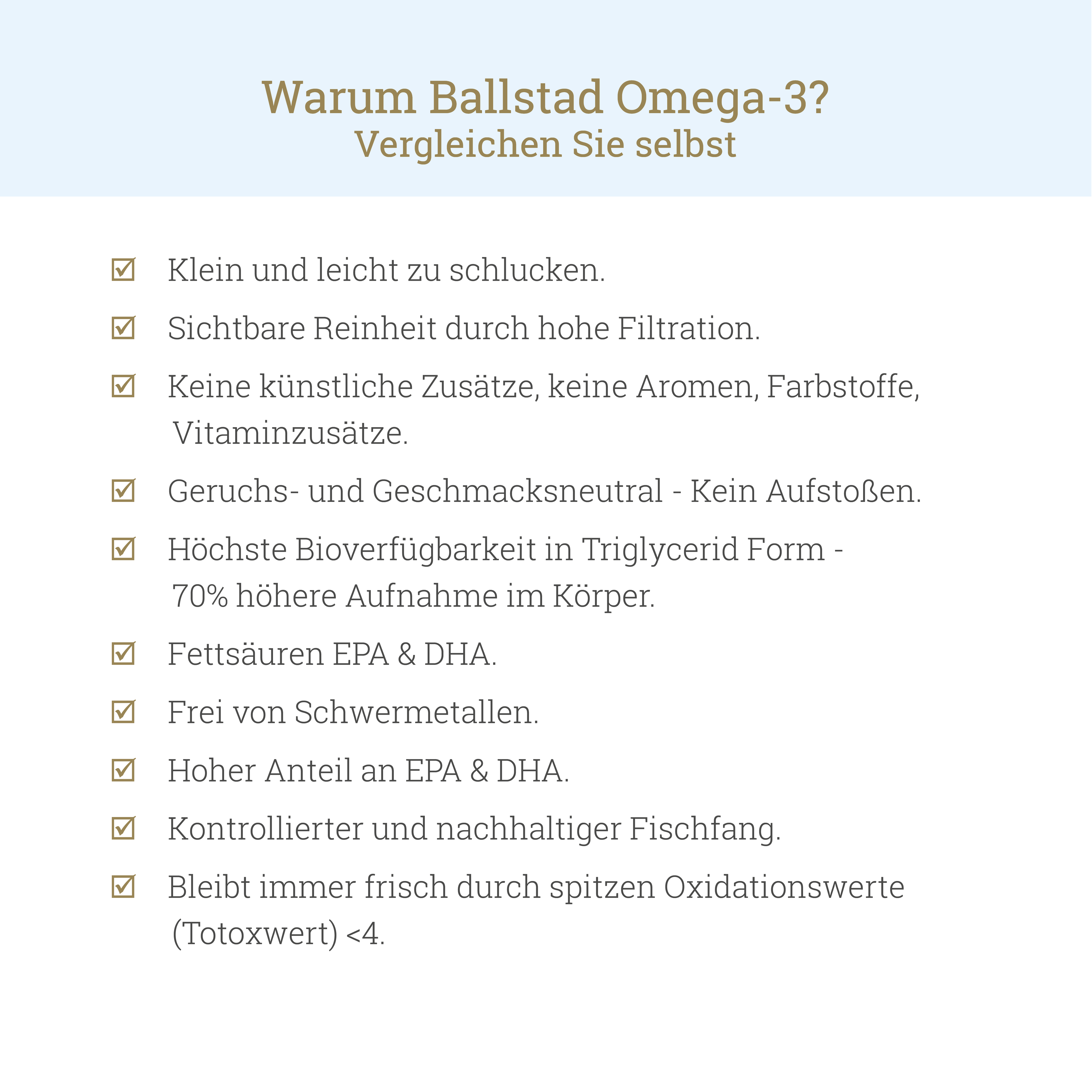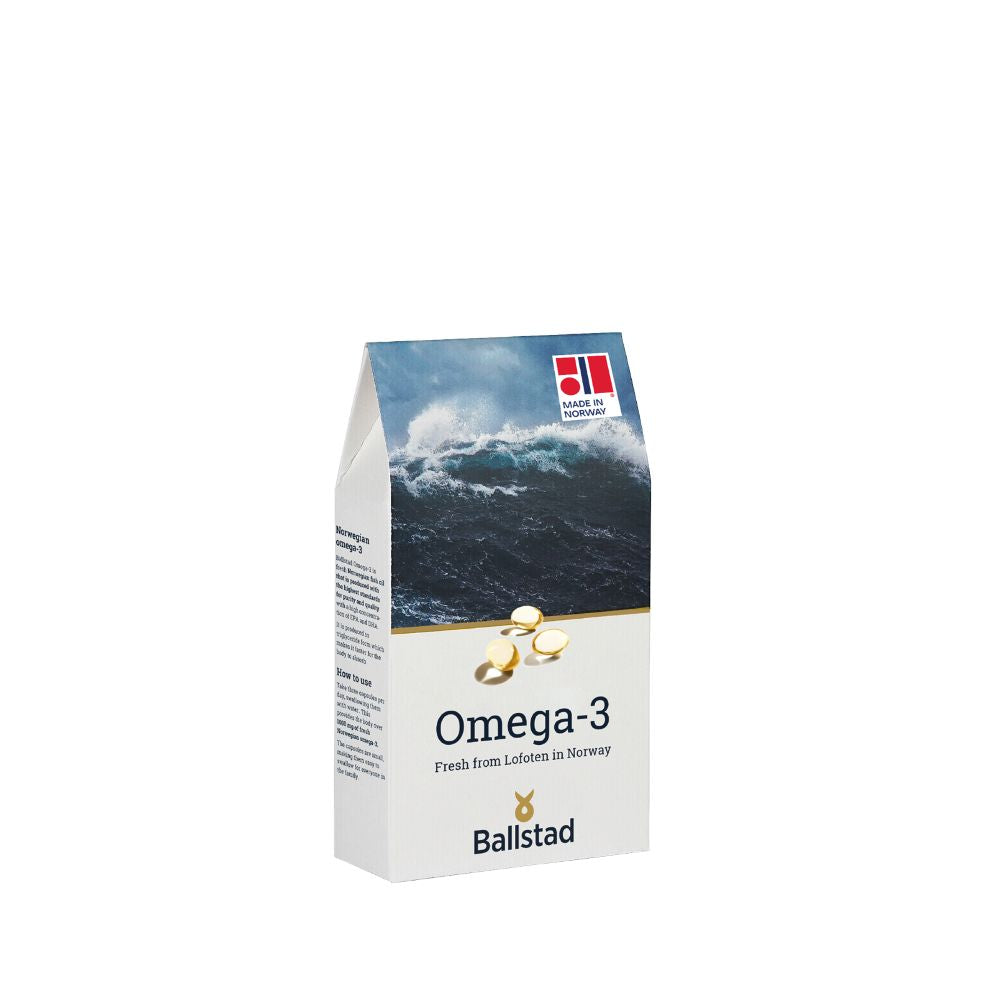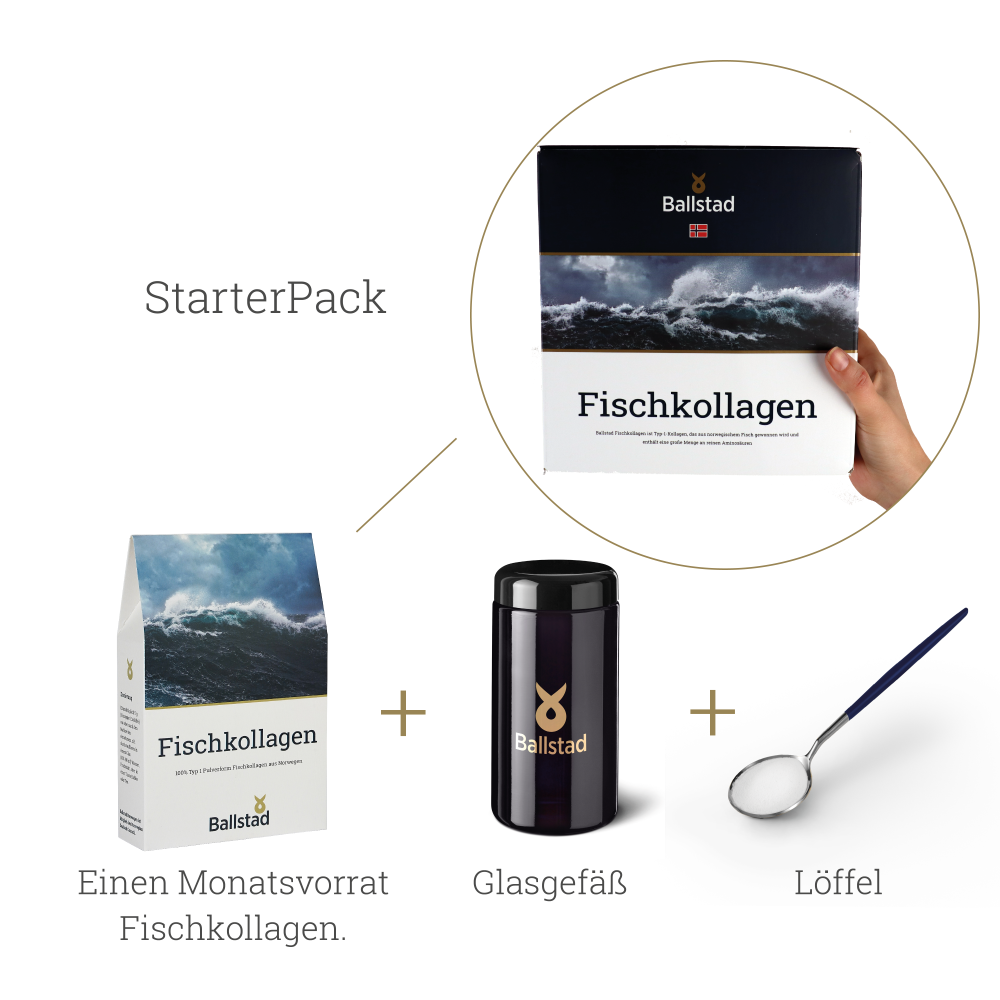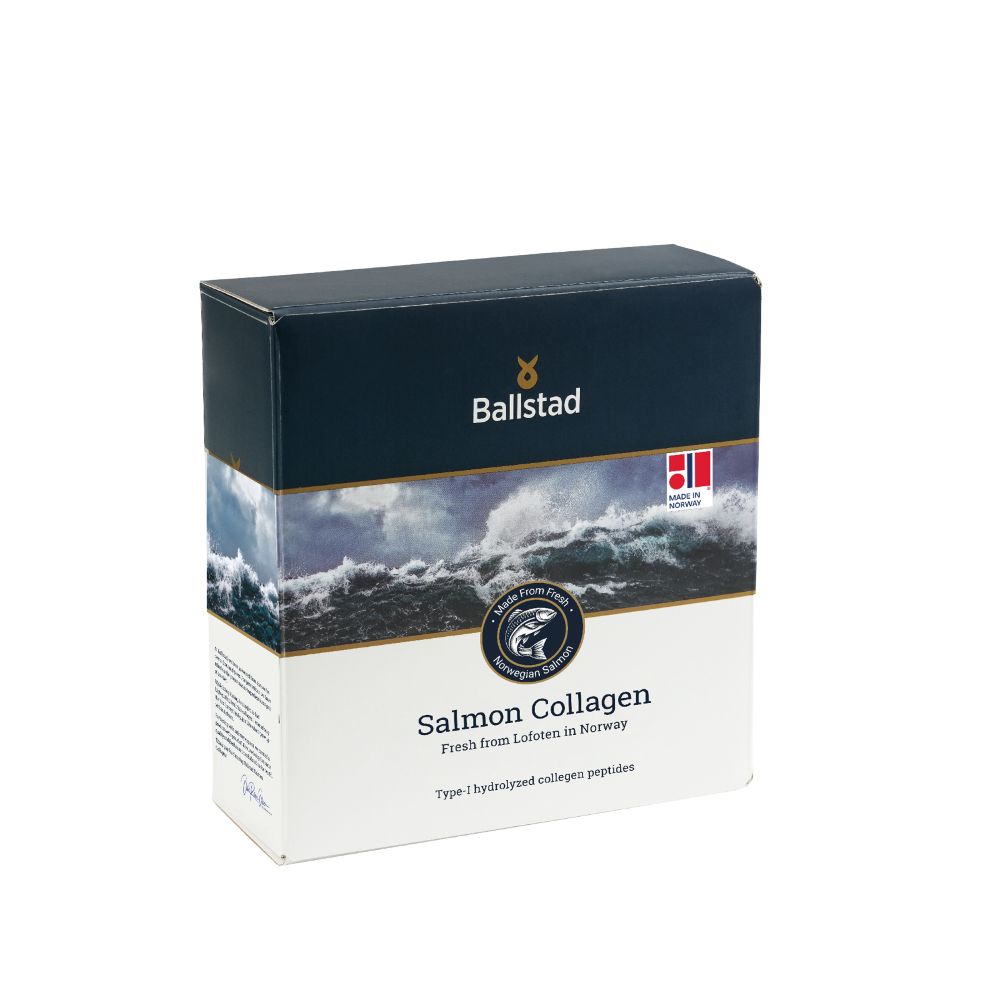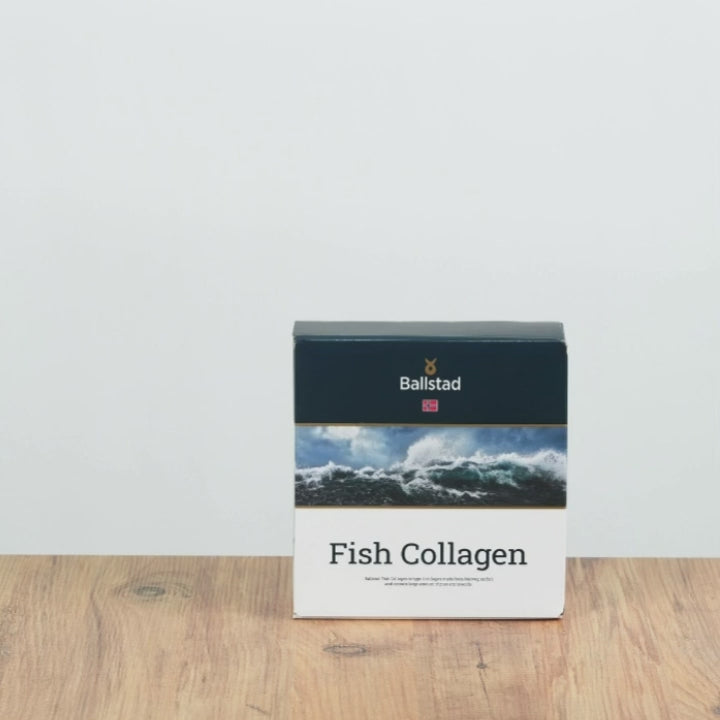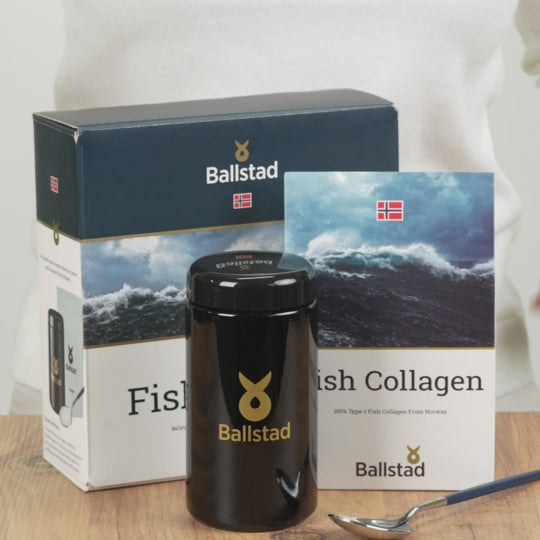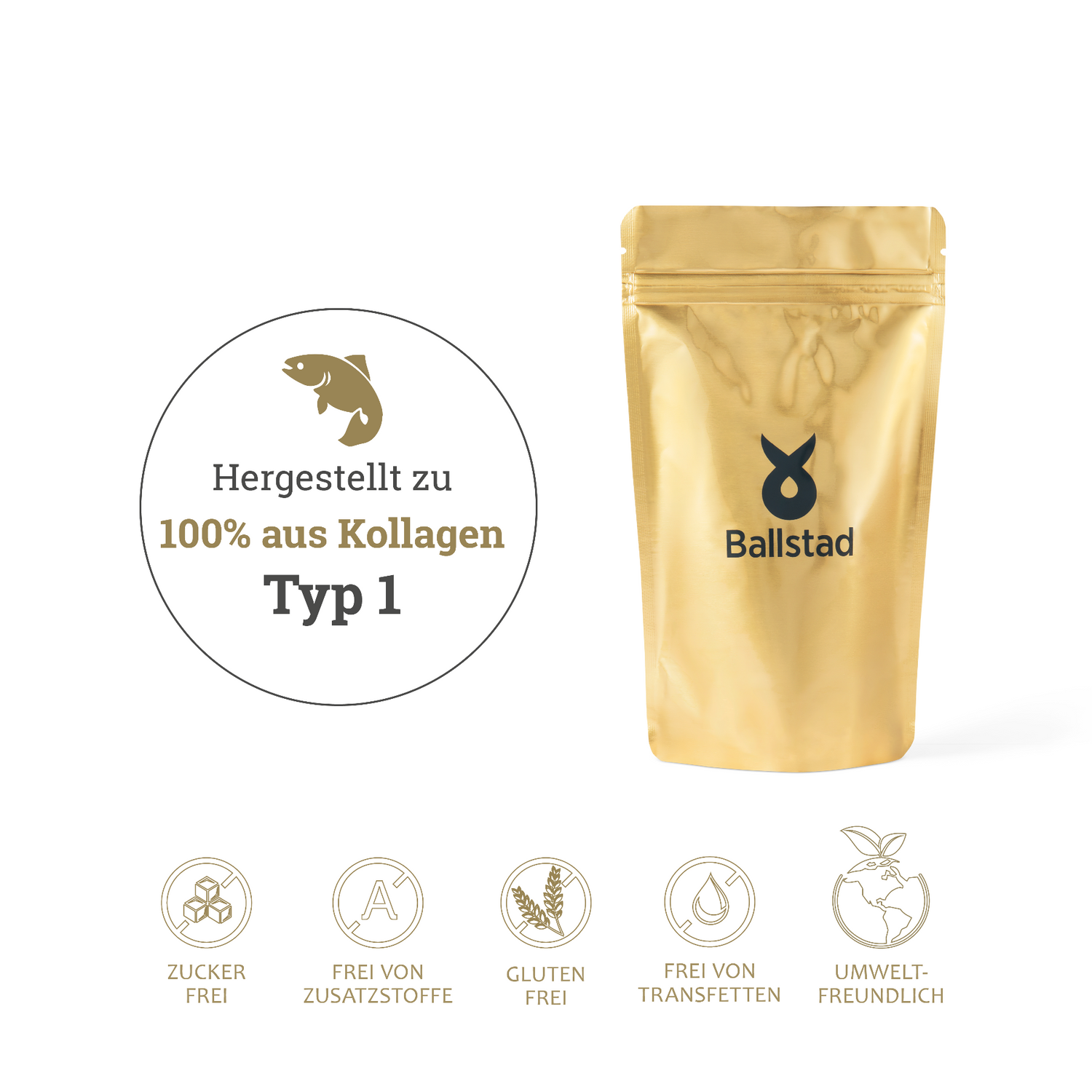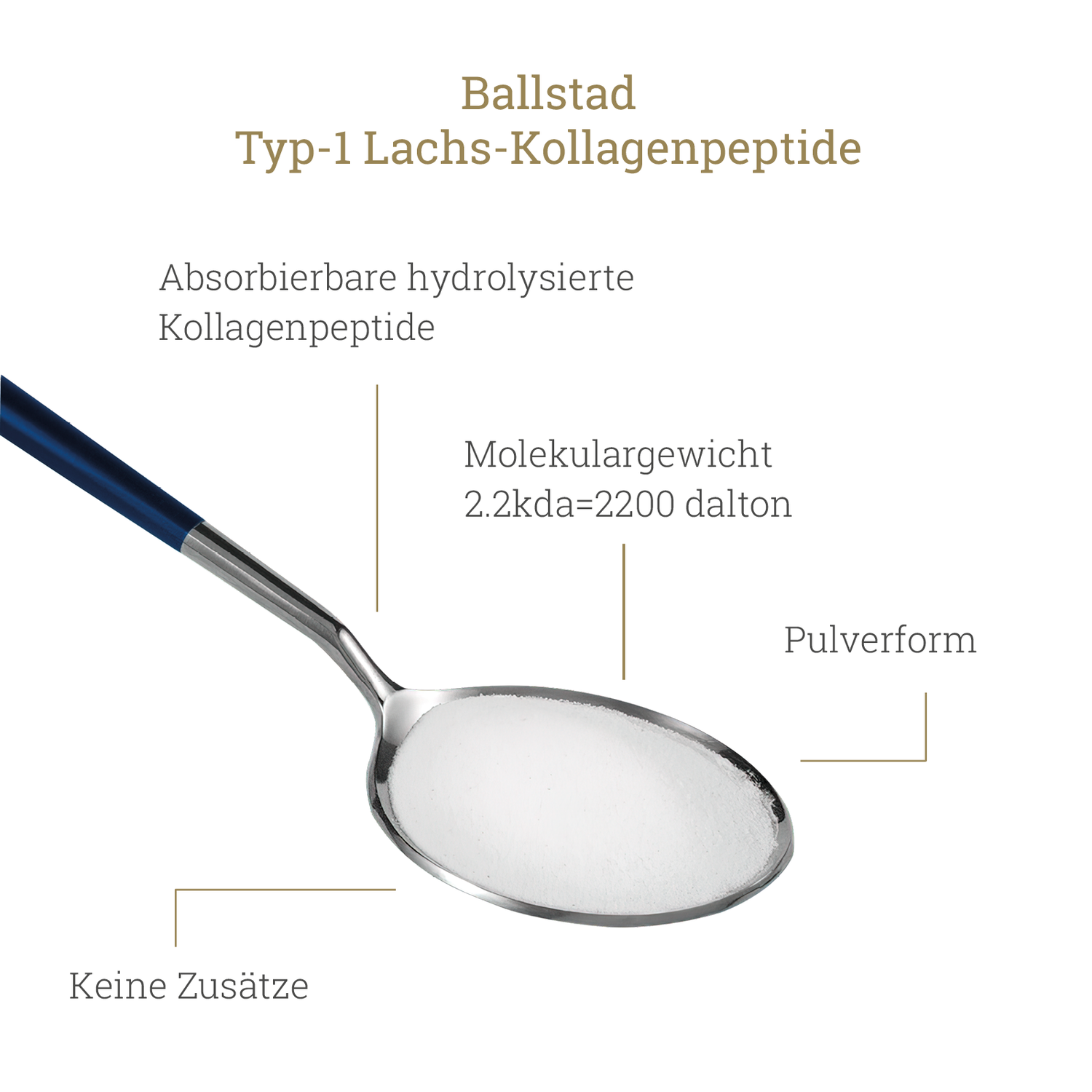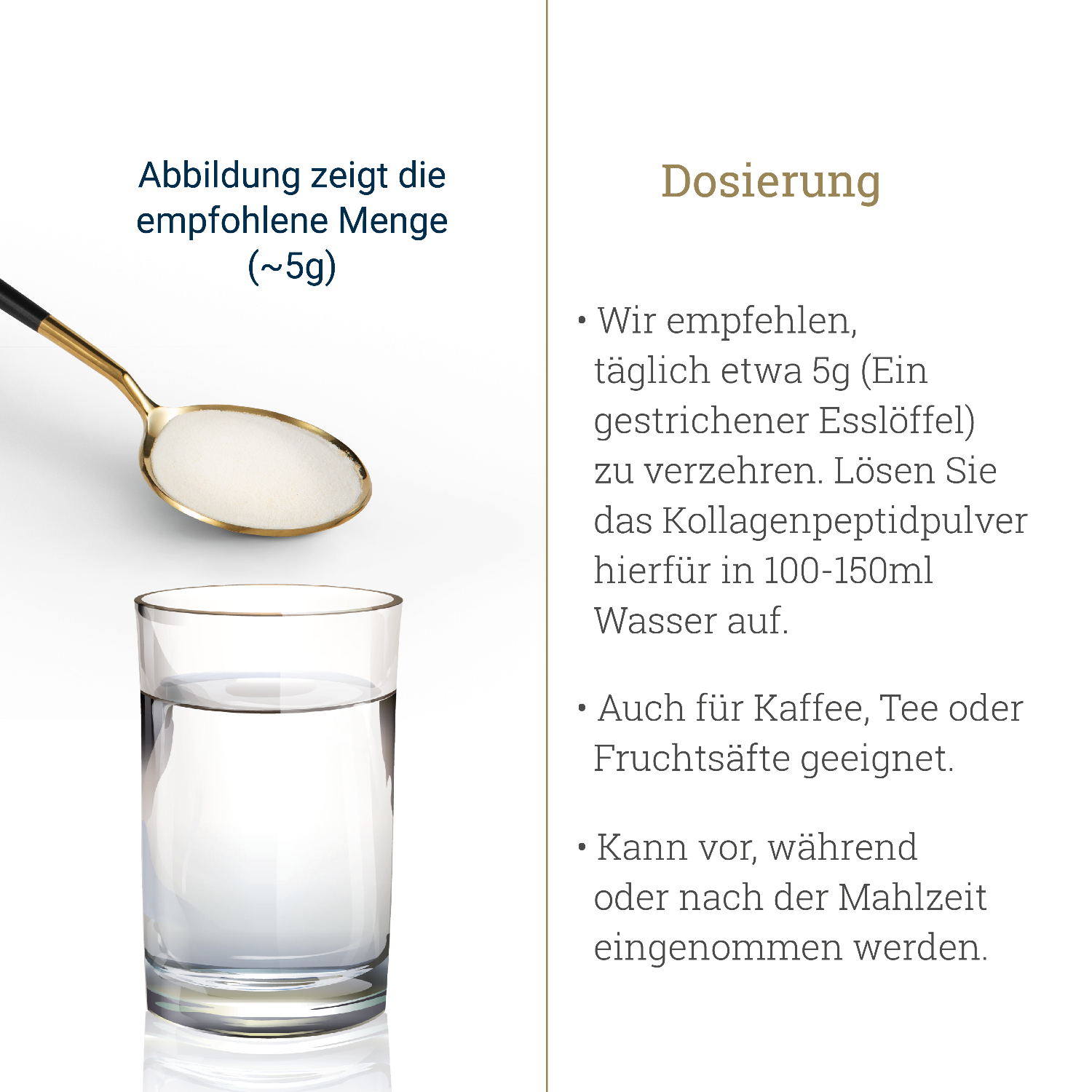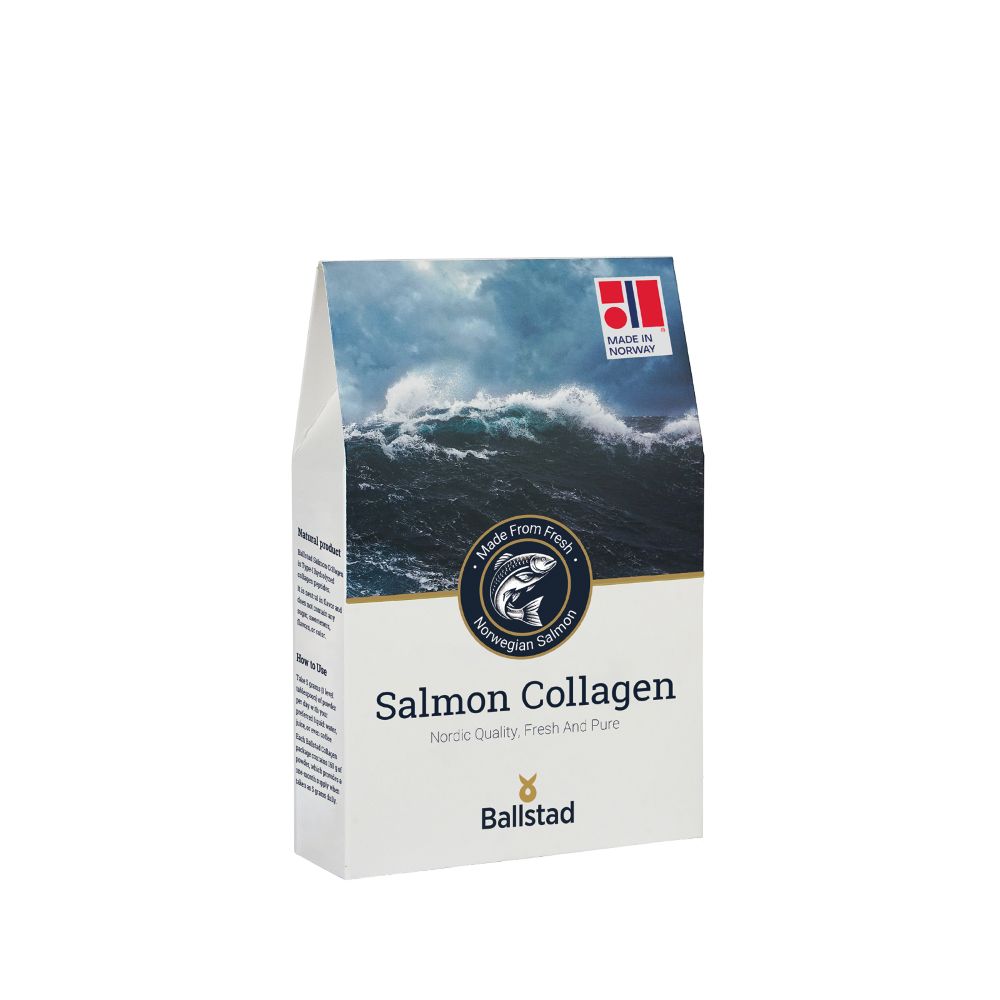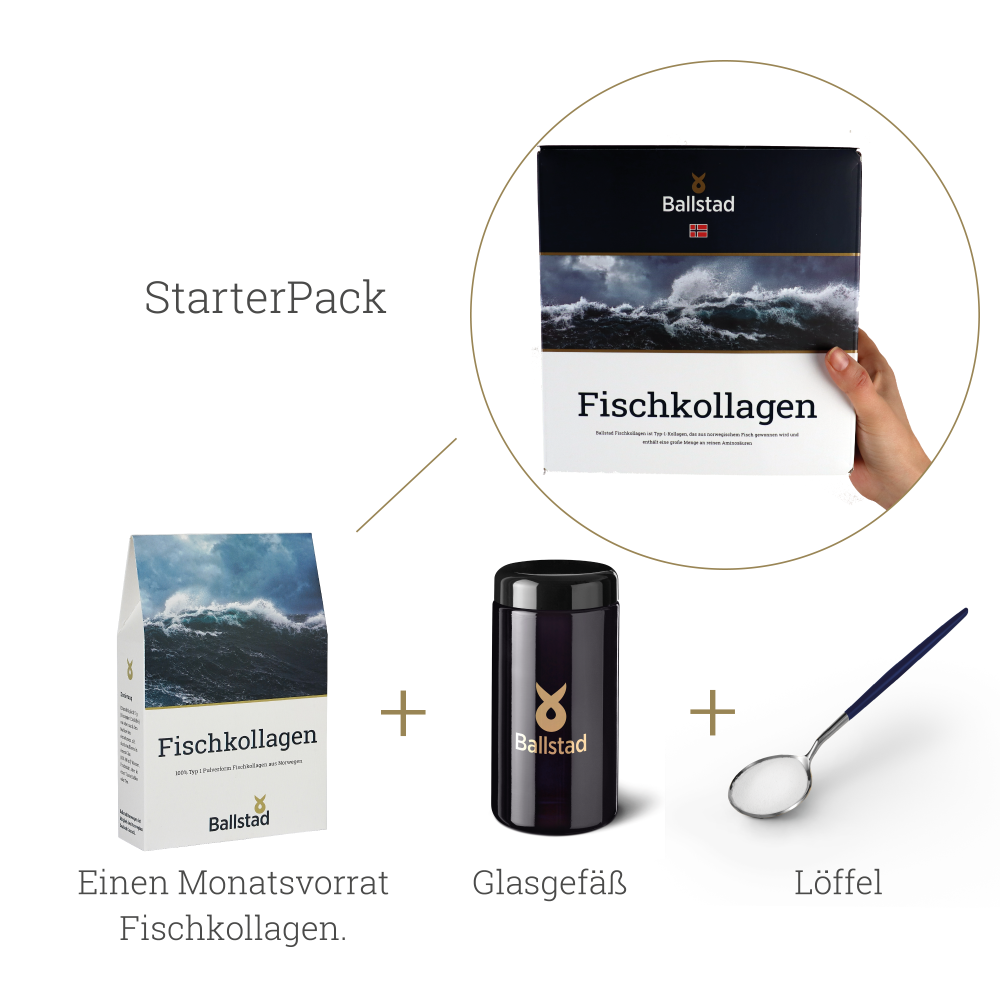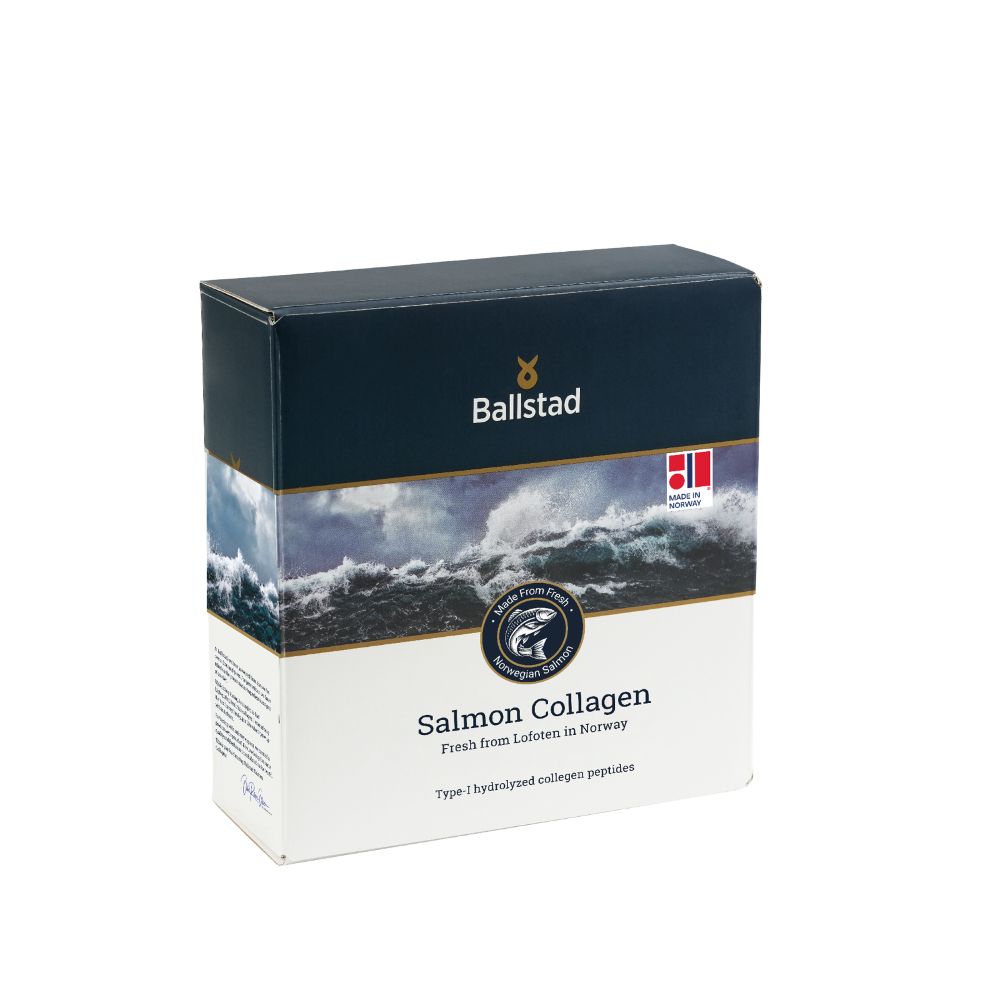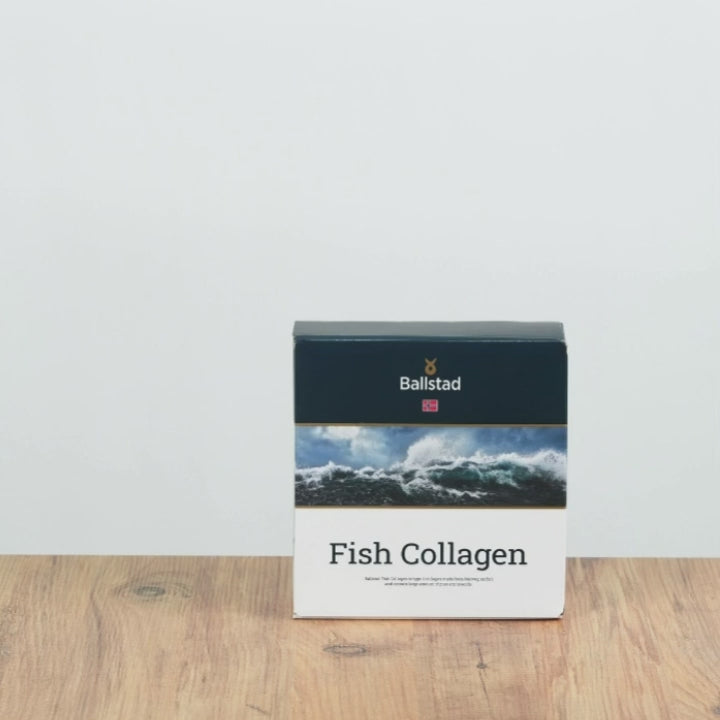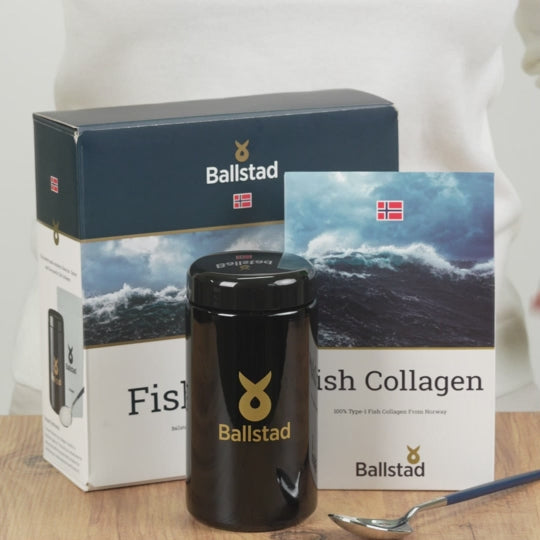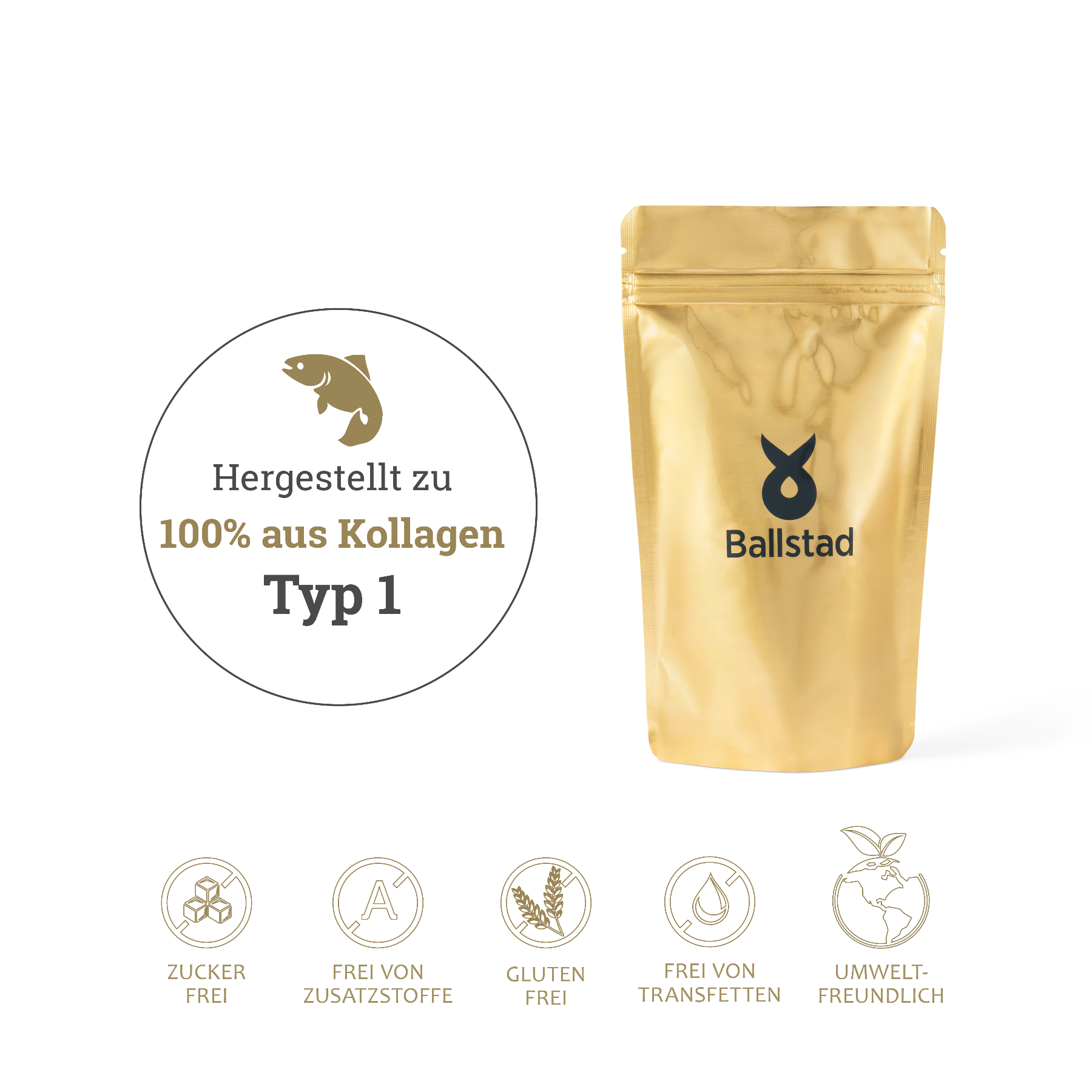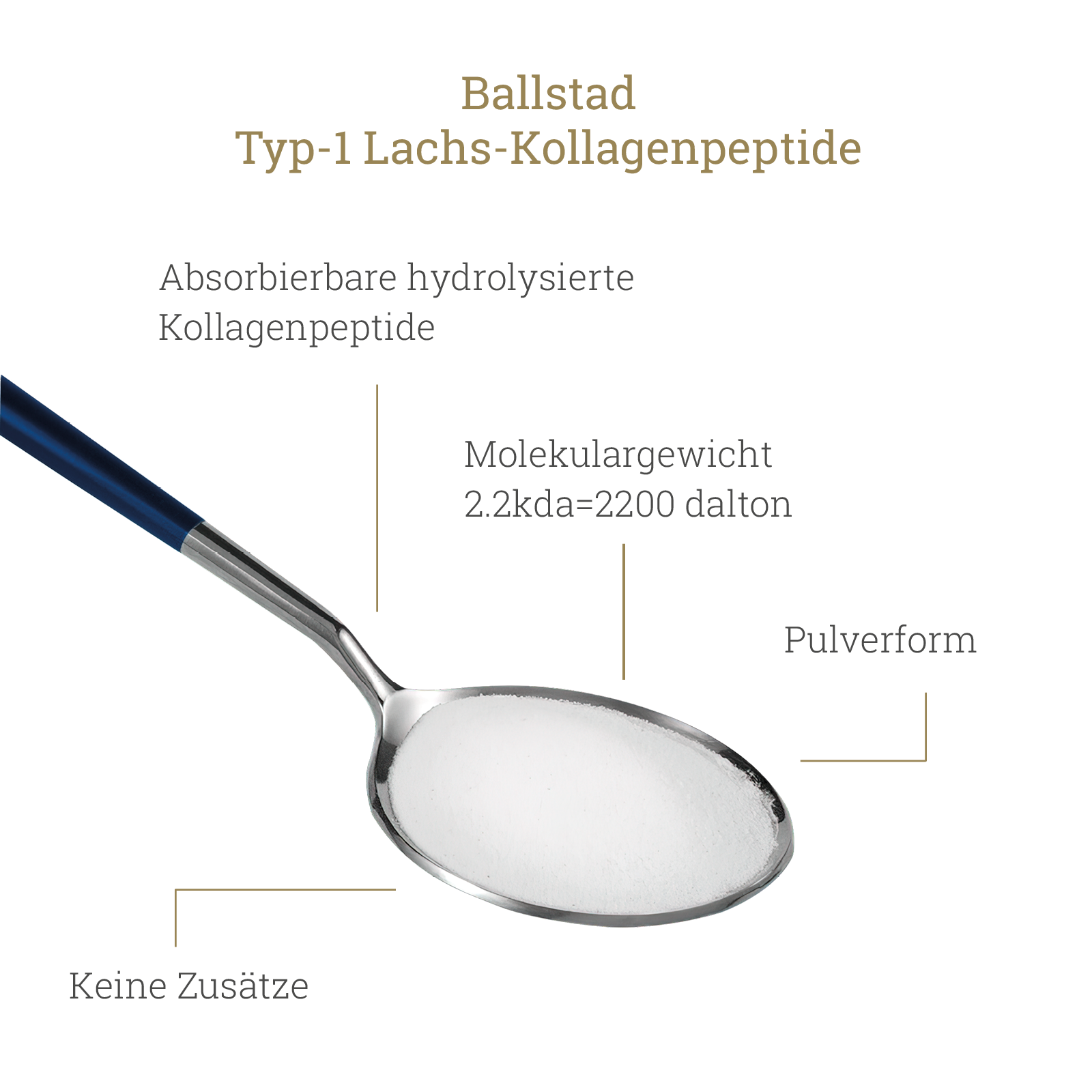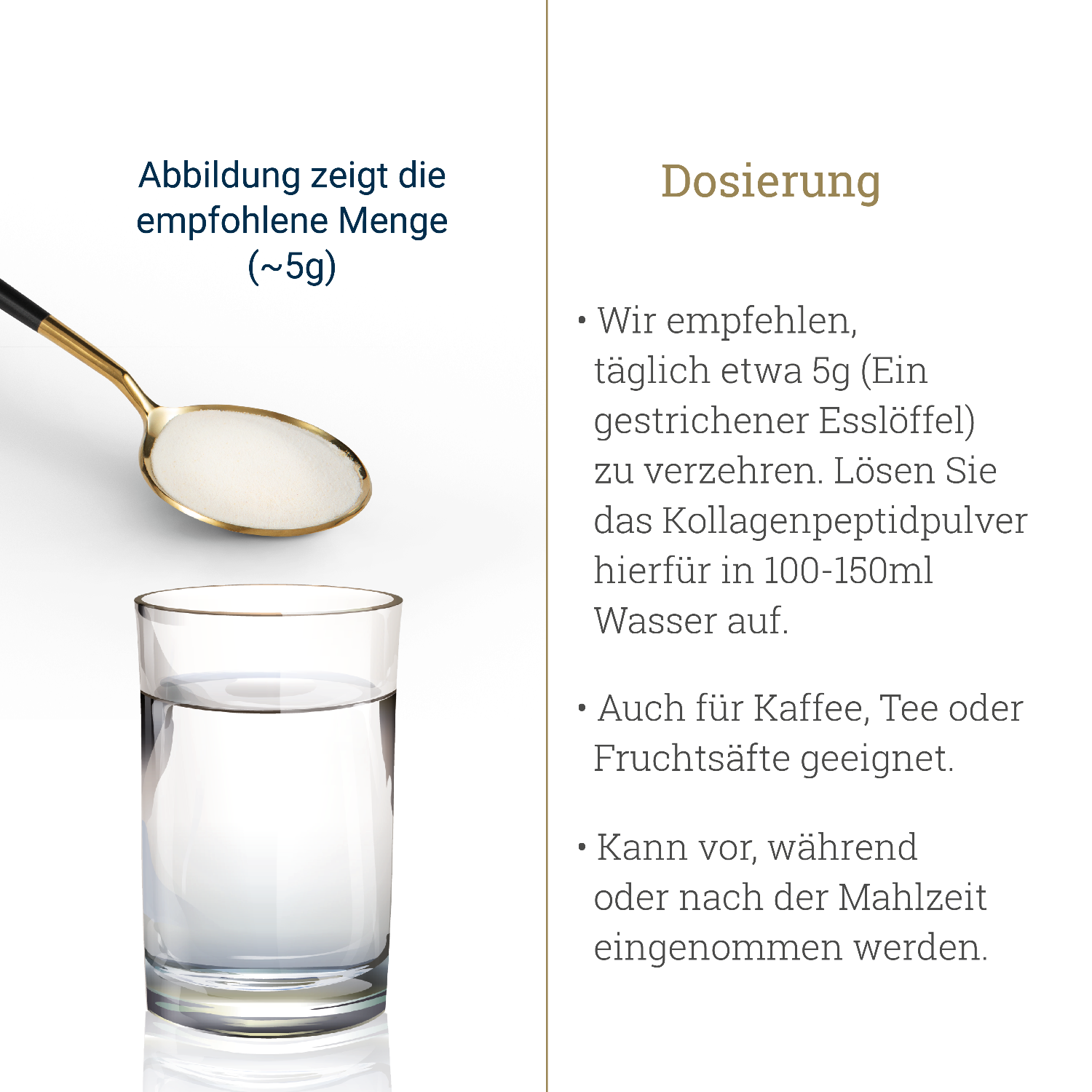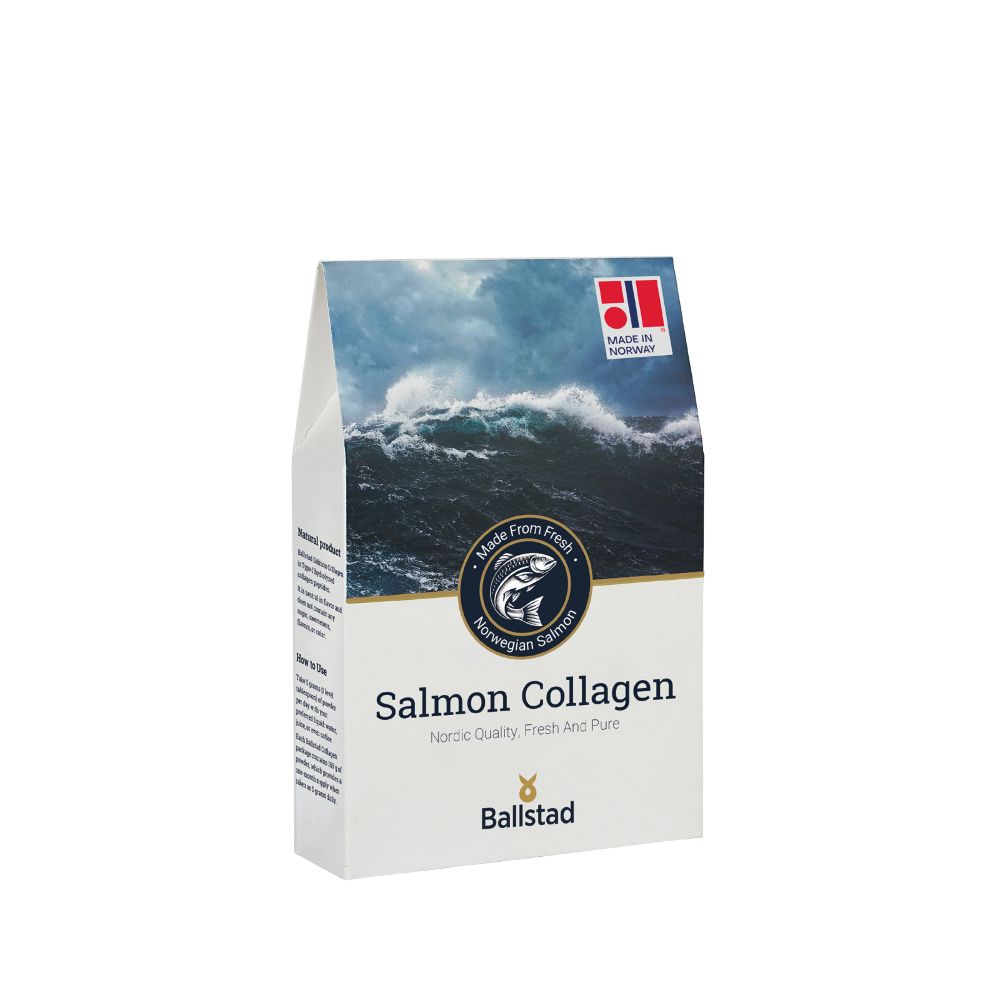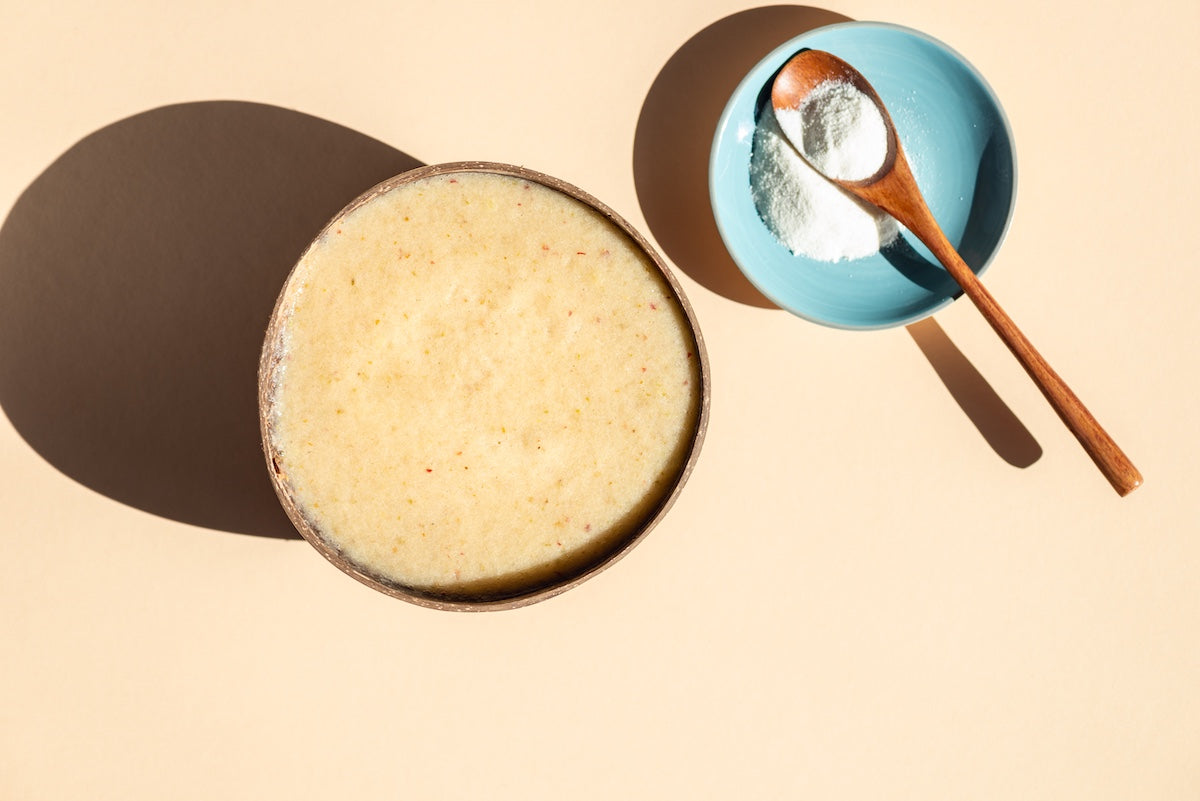More than just a beauty ingredient: Collagen reimagined
Collagen is often associated with beautiful skin and healthy joints. But this structural protein can do even more. Those who exercise regularly or want to stay active as they age can benefit from collagen as part of a healthy lifestyle.
Find out here how collagen helps support mobility , resilience , and regeneration —and why more and more physically active people, including many athletes, are opting for high-quality marine collagen .
Collagen: The body's structural protein
Collagen is the most abundant protein in the human body. It is an important component of connective tissue , tendons , ligaments , cartilage , and even muscles . While it is often known for its role in skin care, it also plays a significant role in the musculoskeletal system.
As we age—usually starting around age 25—the body produces less collagen. This can affect the natural structure of joints and muscles. A healthy diet including collagen peptides can be a useful supplement.
How collagen can support your active lifestyle
1. Support for joints, tendons and ligaments
Collagen is an essential component of connective tissue, which stabilizes and protects joints. A good supply of collagen building blocks can be particularly beneficial during athletic activity or physical exertion.
Several studies are investigating the potential relationship between collagen peptide intake and joint function in active individuals and older adults. The results suggest interesting associations, particularly in high-intensity sports such as running or strength training.
2. Supply of muscle-relevant amino acids
Collagen contains amino acids such as glycine and arginine , which are involved in the development and maintenance of muscle tissue, among other things. Combined with regular exercise, collagen can contribute to targeted protein intake —an important factor for an active lifestyle.
Some clinical studies suggest that collagen combined with strength training may contribute to changes in body composition, particularly in old age.
3. Support during the regeneration phase
Intense exercise puts strain not only on the muscles but also on the surrounding tissue. The amino acids contained in collagen can help the body recover after exercise—an important aspect of maintaining physical endurance.
In this context, collagen is often recommended in combination with sufficient fluid intake , a balanced diet and recovery phases .
Is collagen the right supplement for your workout?
Whether you exercise regularly, are actively aging, or simply want to promote your well-being, collagen can be a valuable part of your daily routine.
Hydrolyzed marine collagen, in particular, is easily soluble, well tolerated, and can be easily incorporated into drinks or shakes – without any inherent taste or additives.
Together with exercise, nutrition and relaxation, it helps your body stay fit and resilient – at every stage of life.
Sources
-
EFSA Journal – Hydrolyzed collagen and maintenance of joints (ID 2001/6)
-
Zdzieblik et al. (2015): Collagen peptide supplementation in combination with resistance training improves body composition and muscle strength in elderly men
-
Clark KL et al. (2008): 24-Week study on the use of collagen hydrolysate as a dietary supplement in athletes with activity-related joint pain
-
Federal Institute for Risk Assessment (BfR): FAQ on collagen in food supplements
-
Regulation (EC) No 1924/2006 on nutrition and health claims made on foods

